Pan Africanism, business opportunities in Africa and common political alignment with the continent are top of mind for the grouping of Caribbean states known as the Caribbean Community or CARICOM.
This after Barbados opened diplomatic missions in Kenya and Ghana, according to Donna Michelle Forde, Assistant-Secretary General, Foreign and Community Relations of the Caribbean Community Secretariat. She explained the significance to bird story agency’s Patrick Nelle
By Patrick Nelle, bird story agency
When Barbados opened a diplomatic mission in Kenya in June, at the behest of President Uhuru Kenyatta, the event was portrayed as evidence of a blossoming relationship between the Caribbean Community members and Africa.
Kenya and Barbados signed bilateral agreements, with similar agreements between CARICOM and other African states on the cards and the first-ever AfriCaribbean Investment and Trade Forum (ACTIF2022) was held n Barbados in early September.
CARICOM, which advances economic integration and a coordinated foreign policy among Caribbean states, includes as members Jamaïca, Haïti, Bahamas, Barbados, Trinidad & Tobago, Guyana, and Belize among others.
Strengthened Africa-CARICOM ties offer alignment on common interests like climate change responses, while the “blue economy” is seen as a common enabler of economic prosperity, job creation and food security.
To find out more about this recent flurry of activity, I spoke with Ambassador Donna Michelle Forde is Assistant-Secretary General, Foreign and Community Relations, Caribbean Community (CARICOM) Secretariat, after ACTIF2022.
The interview has been edited for length.
Question:
What is driving CARICOM and Africa to strengthen ties and why now?
Answer:
Ties between Africa and the Caribbean, predate the independence era. The Pan-Africa Movement united African and Caribbean activists in their belief in the shared values, and interests of Africa and its Diaspora.
There has always been the thinking among CARICOM and, I believe, African intellectuals, that these shared values and interests ought to be unified in a more purposeful way. The efforts of Jamaica’s Marcus Mosiah Garvey and Trinidad and Tobago’s CLR James and George Padmore are historical records. George Padmore was instrumental in the 1945 Manchester Pan African Congress and he also served as a mentor of Ghana’s first post-Independence leader Kwame Nkrumah. Nkrumah and Jomo Kenyatta, the father of Kenya’s independence, were leading proponents of Pan-Africanism. With the release from the colonial yoke of colonialism, the historic fathers of independence also exchanged visits.
CARICOM nationals also supported the transition process of the newly independent African nations. I can think of Barbadian intellectuals George Lamming and Kamau Brathwaite who on their graduation from British universities headed to newly independent African nations to contribute to the nation-building process.
The early days of the Non-Aligned Movement (NAM) played a role in bridging the geographical gap. CARICOM leaders were strong allies in South Africa’s struggle against apartheid. CARICOM’s activism on the international stage in the anti-apartheid struggle further united CARICOM and Africa
Africans warmly welcomed Jamaica’s reggae icon Bob Marley and Guyana’s Walter Rodney of Guyana and still recognize their contribution to the struggle. There is also the Rastafarian movement, particularly in Eastern Africa, and the influence of calypso and reggae in the African movement. This is clearly a case of the culture coming full circle. But it is also a testament to the strong cultural exchanges between Africa and the Caribbean.
In more recent times, CARICOM member states have been building efforts at investment and business and technical cooperation links – for example, in oil and gas. And at the institutional level, over the years, CARICOM Secretariat has had various interactions with counterparts from various African regional groupings.
But yes – there has been an intensification of engagements largely occasioned by the recognition that it is time to take the logical next steps and build the institutional frameworks to formalize our engagements. Prime Ministers Mottley and Rowley made recent visits to the African continent and the Presidents of Ghana and Kenya have also visited the region.
We are natural allies. We are family. And our leaders are aggressively strengthening and diversifying relationships by giving new life to historical and familial ties.
Question:
What mutual benefits could be expected from extended cooperation between CARICOM and African countries?
Answer:
The CARICOM Member States and African countries engage bilaterally, and within multilateral frameworks of the Bretton Woods Institutions, the UN, the Commonwealth, and the Organisation of African, Caribbean and Pacific States (OACPS). These frameworks have tended to be the primary vehicles for engagement.
You would have witnessed what could be perceived as increased diplomatic engagement between individual African and the CARICOM member states. But for a long time now there has been a CARICOM diplomatic presence on the African continent. Jamaica and Trinidad and Tobago have Diplomatic Missions in Nigeria and South Africa. And at one time, Jamaica also had a Diplomatic Mission in Ethiopia, and Trinidad and Tobago had one in Uganda.
Barbados is the latest CARICOM country to establish a footprint on the continent having recently opened missions in Accra, Ghana and in Nairobi, Kenya, taking advantage of office space provided by the government of Kenya for the establishment of a CARICOM diplomatic office in Nairobi. And most, if not all of our countries, are supported by a wide network of honorary consuls representing individual CARICOM countries in various African nations or representing African interests in the CARICOM.
There is also discussion among the CARICOM leadership about sharing space in existing diplomatic missions to allow for cost savings. Such an approach would create openings for those CARICOM countries not presently represented on the African continent.
Question:
What are the areas of cooperation or what concrete projects are being conducted?
Answer:
The first CARICOM-Africa Summit, which took place on 7 September 2021, provided the opportunity for African and CARICOM leaders to collectively reaffirm their call for increased access to vaccine production within the African Continent and within the Caribbean.
They also called for joint advocacy for a waiver of specific articles of the TRIPS Agreement on Intellectual Rights Protection for the technologies needed as well as enhanced debt relief measures, concessional access to finance, an innovative approach to debt sustainability and broader fiscal space.
Our leaders were unanimous in their calls for increased trade and investment highlighting the potential for increased exchanges in health, tourism, sport, culture and education and enhanced people–to–people connections. Services, particularly cultural services, are a potential gateway for increasing awareness of business and investment opportunities on both Sides.
The media products of the Caribbean and of the African nations are a major part of these offerings. And with the supporting infrastructure can lead to significant exchanges. Exchanges of professional services on both sides can also lead to increased business opportunities. We are quite excited about the prospects that can emerge from the First AfriCaribbean Investment Conference held in Bridgetown, Barbados last week.
And CARICOM is especially anxious to see the entry into force of a Memorandum of Understanding with the AU and an accompanying Action Plan that will include concrete projects, timelines and budgets.
Some of the areas earmarked for collaboration include a Joint AU-CARICOM platform to facilitate the flow of information, news and collective artistic expressions. To institutionalize cooperation between African Nations, CARICOM and the Diaspora, 7 September has been designated as Africa-CARICOM Day.
Question:
Any obstacles on the road to building solid cooperation between the two regions?
Answer:
One obstacle is the absence of an institutional framework to follow up on the commitments made at the Summit. CARICOM’s Secretary General, Dr Carla Barnett, emphasized this in her opening remarks.
Out of the first Africa-CARICOM Summit, our leaders directed the AUC and CARICOM Secretariat to commence the process of institutionalizing the partnership and facilitating the adoption of the governance constitutive status at the second summit.
They also directed the Chairperson of the AU Commission and the CARICOM Secretary-General to conclude the MOU between the parties. The AU Commission has received CARICOM’s proposal and we expect the process will be complete in short order.
Direct transportation links have also been a hindrance. However, there have been several interesting initiatives broached at the AfriCaribbean Trade and Investment Conference last week, which are designed to address these challenges.
Question:
How do you assess (developments) one year after the maiden CARICOM Africa Leaders’ Summit?
Answer:
CARICOM is keen to advance the relationship and at all levels, there are active internal processes. We recognize that there is still a lot of work to be done.
There is a need for much more information exchange and engagement at the technical and official levels to better understand the institutional and functional frameworks on both sides to ensure the adequate and effective implementation of all the various mandates.
Question:
Could we expect air and sea connections linking the two regions?
Answer:
CARICOM and African leaders have committed to a Multilateral Air Services Agreement as well as to the conclusion of a Double Taxation Agreement and to review visa requirements.
There are also active discussions about regular weekly direct flights between Africa and individual CARICOM countries.
There have been charters with the CARICOM member states. During the COVID-19 pandemic, there was a charter flight operating between Jamaica and Nigeria.
In 2019 Barbados signed an Air Services Agreement with Ghana paving the way for direct flights between the two countries. Barbados and Ghana also signed a Memorandum of Understanding on Air Services in April 2022. In this hemisphere, there are already direct flights between Africa and Brazil. That is a link upon which we can build.
Jamaica has also signed an MOU with Namibia and other agreements signed with Botswana, Ethiopia, Kenya, Rwanda and South Africa. The intention is to target tourist markets in Africa and the Middle East. Barbados and Rwanda are also in talks for regular direct flights. There could be spin-off benefits to the rest of the region. I have seen news reports of plans for a new airline, Antigua Airways, which if all goes well, should be in operation by year-end.
There is every reason to be optimistic!
Thank you.
bird story agency
Continue reading
NEXT
Major Break Through in the ‘January Disease’ fight
For the past years, Zimbabwe did not have any immunisation methods to combat the disease. Immunisation with vaccines against theileriosis is an important part of an integrated tick and tick disease control strategy (ITTBDCS). Other components of the strategy include embedding and monitoring insecticide resistance.
PREVIOUS
Opinion: Health orgs should all be prioritizing women in leadership
Donec quam felis, ultricies nec, pellentesque eu, pretium quis, sem. Nulla consequat massa quis enim. Donec pede justo, fringilla vel, aliquet nec, vulputate eget, arcu. In enim justo, rhoncus ut, imperdiet a, venenatis vitae, justo. Nullam dictum felis eu pede mollis pretium. Integer tincidunt. Aliquam lorem ante, dapibus in, viverra quis, feugiat a, tellus. Phasellus viverra nulla ut metus varius laoreet. Quisque rutrum. Aenean imperdiet. Etiam ultricies nisi vel augue. Curabitur ullamcorper ultricies nisi. Nam eget dui.
Our newsletter
Subscribe to our weekly newsletter & keep up with our latest recipes and organized workshops. You can unsubscribe at any time.
Error: Contact form not found.
You may also like these too
Pointing skywards: Caribbean-Africa relations are on the rise – INTERVIEW
Pan Africanism, business opportunities in Africa and common political alignment with the continent are top of mind for the grouping of Caribbean states known as the Caribbean Community or CARICOM.
Comments

Hey! I’m Kathy
Come join me in my culinary adventures where we’ll be using simple, fresh ingredients and transforming them into sophisticated and elegant meals for the everyday home cook.
Popular now
South Africa’s MeerKAT telescope unveils a unique discovery, in a major leap for space discovery in Africa
South Africa’s MeerKAT radio telescope, discovered a mysterious ring of light in space, marking a significant breakthrough in cosmic exploration.Zimbabwe Joins Africa’s Space Race, Strengthening Climate Defense
More countries are keen to deploy satellites in orbit in 2024 including Zimbabwe which plans to launch its second satellite, the ZimSat-2, in November.Piggery Queen Nyagano Expands Farming Empire
When Letwina Nyagano, who has a background in human resources and accounting, turned her desire to be a farmer into developing a piggery business, her early attempts were frustrating.Zimbabwe Introduces Hepatitis B Birth Dose Vaccine
Zimbabwe is taking a significant stride towards eliminating mother-to-child transmission (MTCT) of HIV, syphilis, and Hepatitis B by introducing the universal Hepatitis B birth dose vaccination.Surviving the Newsroom: Veteran Female Journalists Mentor Aspiring Journalists
The Friedrich Naumann Foundation (FNF) held its second Womentership programme in Harare, with 30 participants nationwide.UZT Hands Over Successful TB REACH Project to Zimbabwe’s Ministry of Health
The Union Zimbabwe Trust (UZT) has successfully concluded the TB REACH project, a two-year initiative aimed at improving access to treatment for Drug-Resistant Tuberculosis (DR-TB) patients in Zimbabwe.The “Canonite” working for change – and a wider role for women – in Africa’s photographic industry
Growing up in Harare, Angela Jimu would wake up early some mornings and lay magazines all over her bed. She had no idea what she was looking for; she would just gaze at the photos, or flip through the pages.Zimbabwe’s “Biker Queen” rides full throttle against gender norms
Mudzingwa and the other members of the Ulysses Motorcycle Club are clad in leathers and are conducting their final checks, raring to go. Their destination is the city of Kadoma, 140 kilometres southwest of the capital. It’s an annual event called the Ubuntu Bikers Run.Martial Arts gave Master Charlie his life back. Now he offers that opportunity to young novices
Charles Arufandika Sambare, referred to locally as Master Charlie, lowers himself until he is sitting with his legs tucked under him, palms resting on the upper part of his thighs to form the Seiza position. Facing him, his martial arts students mimic his posture, ready to commence their late afternoon training session.How UNITAR is empowering young Zimbabwean women to embrace sustainable practices and thrive in the digital economy
UNITAR’s Developing Green Livelihoods for Women and Youth in Africa, funded by the generous support of the people of Japan, is empowering young Zimbabweans to embrace sustainable practices and thrive in the digital economy.Meet the trailblazing women who are officiating at the 2023 Africa Cup of Nations
Women continue to make giant strides in football with their inclusion in decision-making in Africa and around the world.She’s tapping traditional food culture to grow business for herself and her country
When Ompelege Moreosele’s job as a receptionist didn’t feel right, she tapped into early memories of her food-loving grandmother and switched careers.Chimanimani Cries for Climate Justice: Missing Declared Dead, Community Reeling
The Mutare High Court’s recent declaration of 279 missing persons as dead brings closure for some, but for many, the wounds remain raw.Twitter Wars in Zimbabwe’s 2023 Elections: Unmasking Toxicity and Threat to Democracy
The ruling party, ZANU-PF, was accused of using X to spread disinformation about the opposition, while the opposition was accused of the same. Both sides were also accused of using bots and trolls to amplify their political evangelism.East Africa floats largest-ever domestically manufactured freshwater passenger and cargo ship
Tanzania on Sunday (February 12) floated East Africa’s largest-ever domestically manufactured freshwater passenger and cargo ship, the MV Mwanza Hapa Kazi Tu, on Lake Victoria.An Eight-Year-Old Girl Was Allegedly Raped and Impregnated in Bindura
A shocking and heartbreaking story has emerged from a resettlement area in Bindura, where an eight-year-old girl was allegedly raped and impregnated by two teenage boys.A Call For Young Africans To Join The Agricultural Sector in Zimbabwe
Agriculture is backbone of the economy of African countries. Has potential to empower young people. The sector needs a makeover to lure the youthful population of Africa.CALL TO CREATIVES – ICASA 2023 Conference in Zimbabwe Logo Competition
ICASA Director Dr Luc Armand Bodea has announced a call for the design of a logo for the 22nd Edition following the recent official announcement of Zimbabwe as the host for the conference which was made following the signing of a Memorandum of Understanding at State House in Harare.The community using ancient traditions to conserve a river
How a rural community in a fast-urbanising region along the west African Tano River is using traditional knowledge handed down over generations to protect the river, its vegetation and its fish stockEco Mama’s: Uganda’s eco-village shaping the future of sustainable agriculture
As the world reels from global food supply chain disruptions and extreme weather, this eco-village in Uganda is helping inculcate the importance of sustainable agriculture to local communities, teaching farmers how to grow for a healthier planet.A woman environmental activist speaks up for the Maasai community
Even as she pushed her climate agenda, however, Soina faced challenges. One was the lack of environmentally conscious leaders in parliament. So she decided to vie for office as MP for Kenya’s Kajiado North region, on a green platform. While she was unsuccessful, she believes that just the act of standing raised awareness of the issues behind climate change and the need to mobilise communities, act presciently and invest in adaptive behaviour. It also raised the issue of misuse of resources.The young Moroccan driving climate action
Together with a team of like-minded friends, El Fanne launched Youth for Climate Morocco. a non-profit that she has used to bring the youth closer to climate action issues and to increase information relating to climate change, climate action, and environmental issues in MoroccoAfrica hauls in a record VC investment, despite a global funding squeeze
The ecosystem is still alive and kicking. Indeed, start-ups in Africa have already raised over US$4 billion in 2022. Just like the US$1 billion, US$2 billion, and US$3 billion milestones, they’ve done so faster than any other year before,” the Deal states in part, noting that the market was quieter in July and August months, hence the disappointing Q3 numbers in relative terms.What do you do with gadgets when they die? Recycle them, of course
In Nigeria’s Rivers State, engineering company Egoras is successfully refurbishing e-waste into affordable appliances, creating a new market for recycled and upcycled products.Africa ‘overperforming’ in list of innovative countries, Botswana leaps
Botswana has edged out Kenya in the list of top global innovators as more African countries punch above their weight to come up with ideas and technologies that increase productivity and output.Egypt, Algeria and Libya set to lead world’s ‘green steel’ revolution
Egypt, Algeria and Libya have been listed among the countries set to lead the world in what is expected to be a massive shift to carbon-neutral steel production by 2050.Fractional ownership gives Africans foothold in luxury property business
Members of an extended family could buy into a single property under the fractional ownership policy and obtain more than one permanent residency permit. The 20-year residency is open to investors, retirees, professionals, self-employed entrepreneurs, and their families.Young Kenyan on a mission to save Africa’s largest freshwater lake
“I realized there are more actions that need to be taken, apart from environmental conservation. We need to apply more pressure towards our leaders, government, and capitalists to finance the loss and damage caused by climate change,” Rahmina Paullete told bird in an interview.Kenya on a charge with e-mobility
Kenya power is promoting the adoption of clean energy. We have a role supporting e-mobility ecosystem to ensure that every electric vehicle has a place to chargePower play: How access to regional power pools is changing the power game for Africa’s IPP’s
A 2019 change to Namibia’s power procurement legislation has seen a surge in solar and wind independent power producers – or IPPs – that could entirely transform the country’s power fortunes. From being an importer, the country is about to become an exporter with independent power producers transmitting power directly into the Southern Africa Power Pool regional grid; according to the country’s regulator, the Energy and Control Board.Nigeria and Algeria in the race to quench Europe’s thirst for natural gas
Over the last two months significant activities – from visits by key European officials to new gas discoveries and financial commitments to boost production – have also been recorded in Algeria’s gas industry.Glamping: African hoteliers seek opportunity in the lavish travel segment
Trends show that as more tourists become climate-conscious and inclined toward wellness, Safari tents are now the preferred option to immerse themselves in Africa’s wilderness.Uncle Bravo, environmental magician
Known affectionately as ‘Uncle Bravo’, Mukaro said that the harvested goods sold at the stand are grown entirely using permaculture methods – a holistic and more sustainable approach to growing food, that takes into account the wider ecosystem.Tanzania’s green startups tap blue economy investors
Key to their hopes is the rollout of matchmaking platforms for investors and entrepreneurs working in the ocean, or blue economy sector. In September, EU-led BlueInvest Africa convened a business-to-business (B2B) meeting in Seychelles in a bid to unlock crucial financing for blue economy startups. That included three startups from Tanzania.Hyper-realism from Senegal to South Africa
This is the world of hyper-realism, a technique which consists in achieving a quasi-perfect illusion of a photograph through drawing, mainly with a pencil or charcoal. Unlike oil paint or acrylic, pencil – either graphite, charcoal, coloured, or pastel – is a dry medium, which gives the artist greater flexibility.The food-rescuing, compassionate chefs
“It gives all of us, and especially the guys and my co-group around me, a great sense of pride and a great sense of satisfaction knowing that we have made a difference in so many lives and we have saved so many people from the brink of hunger and starvation,” she said.Dial-a-barber proof that COVID business strategies can work long-term too
The driver stops briefly to consult his mobile phone before driving slowly to the basement where an associate in the passenger seat jumps out and slides open the side door to reveal a well-lit, wooden-floored interior with a barber’s chair in the middle, a big TV screen on a wall, and a sink at the back. A mirror runs the length of the inside roof.Africa’s agritech startup boom
Venture capital in Africa is being boosted by investments in companies connecting farmers and food producers to retailers (known as “midstream technologies”) according to an investment report that shows African agrifood tech startups raised US$ 1.1 billion in five years.Venture capital is flowing into Africa’s sustainable energy startups
Since the start of the year, green tech startups offering solutions that help countries keep to the Paris Agreement’s goal of limiting global warming to below 1.5 degrees Celsius have attracted growing investor interest.Two-wheeled mobility blazes a path for Africa’s green transit future
Analysis shows that e-bikes, with their considerable cost advantages, are spreading much faster than other electric vehicles on the continent, with e-commerce and delivery services driving market penetration. Light, battery-powered transportation models are becoming especially popular in Africa’s major cities, where demand for daily commutes is growing rapidly.Who takes the best carbon action report card to Cop-27? Africa does.
By comparison with the rest of the world, African states tread lightly, responsible for just 3.3% of global carbon emissions – eight times less than Asia, Europe and North America. Each. In the words of the Mo Ibrahim Foundation, it is the least responsible but pays the highest price.A voice for youths and children at “Africa’s COP”
Today, at 26, Uchendu is the policy lead for YOUNGO, the UN Framework Convention on Climate Change (UNFCCC) children and youth constituency, He is responsible for ensuring the voices of children and youth are heard at COP27, he and his colleagues have been developing a “Global Youth Statement” for the event.How we cook can help save the planet – clean cooking solutions coming to a kitchen near you
So, how will this be achieved? According to the IEA’s Africa Energy Outlook 2022, public and private organisations and companies are key. That includes public-private partnerships like the Clean Cooking Alliance, who are targeting kitchens across the continent, especially in rural communities where wood-burning is still a common way of preparing meals.Brazil’s fintech behemoth seeks M-PESA moment in Africa’s vibrant mobile money industry
According to the latest Africa Wealth Report 2022 by Henley Global, the tide is swinging in the direction of smaller emerging economies thanks to their growing exchequer hygiene.The simple steel box changing lives
Salifu, a widow and mother of five, is, by all means, living comfortably compared to many in the village; she has a business and a five-bedroomed house. Though the house is not fully complete, she is spared the constant anxiety of struggling to raise the monthly rent.WATCH: Art and Advocacy in Zambia: The Story of Kabwe
A vibrant mural depicting children’s rights now graces a wall in Kabwe, Zambia, thanks to a group of young artists participating in the “Dialogue Works” campaignMapfihwa: Empowering Women Through Sustainable Agriculture
In the heart of Zvimba District, a beacon of hope for women and their families is shining brightly. Mapfihwa, a community and safe space, is reviving indigenous agricultural practices combined with permaculture techniques, empowering women to achieve food security and build a brighter future.

![Pointing skywards: Caribbean-Africa relations are on the rise - INTERVIEW [Graphics: Hope Mukami]](https://devage.co.zw/wp-content/uploads/2022/08/High_Resolution_Image_Ambassador_Donna_Forde-758x1024.webp)


![Pointing skywards: Caribbean-Africa relations are on the rise - INTERVIEW [Graphics: Hope Mukami]](https://devage.co.zw/wp-content/uploads/2022/08/High_Resolution_Image_Ambassador_Donna_Forde-768x1037.webp)


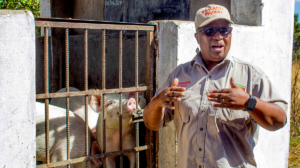
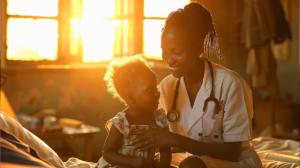
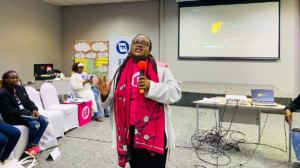




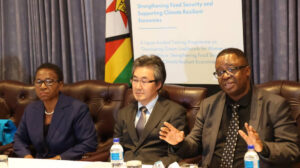


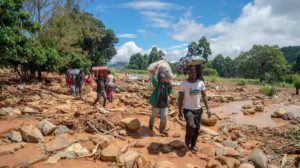
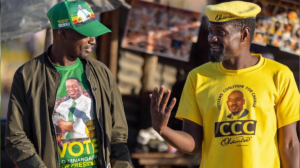

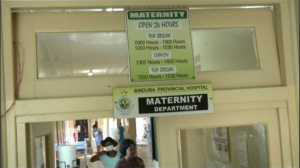
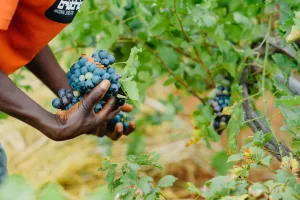

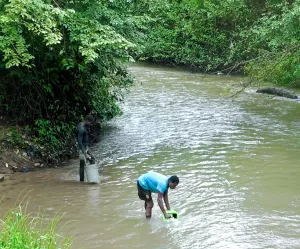
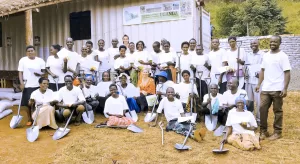
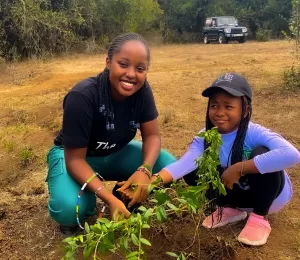
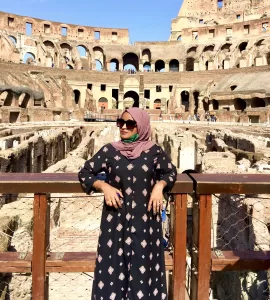


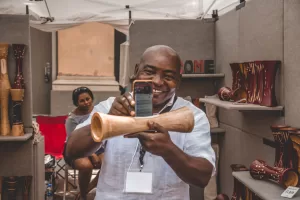
![Egypt, Algeria and Libya set to lead world's ‘green steel’ revolution [Graphics:Hope Mukami]](https://devage.co.zw/wp-content/uploads/2016/03/Egypt_Algeria_and_Libya_set_to_lead_world_s_green_steel_revolution_01-300x211.webp)
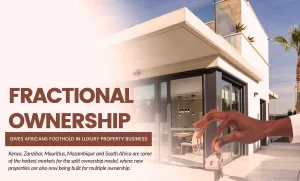
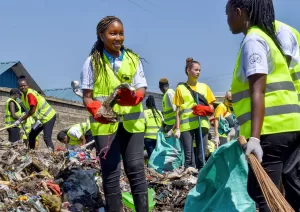
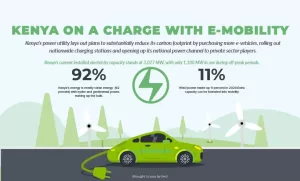



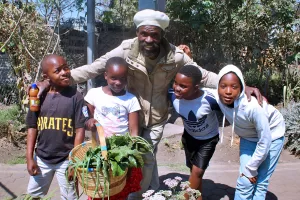
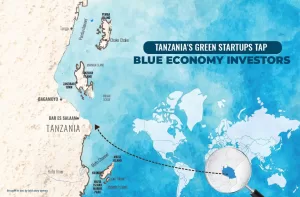
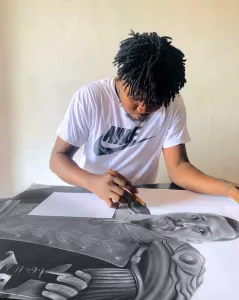
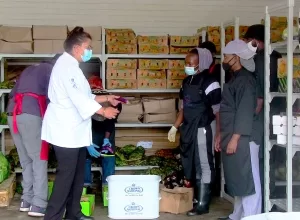









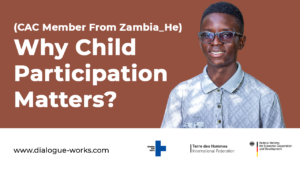
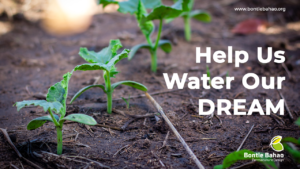



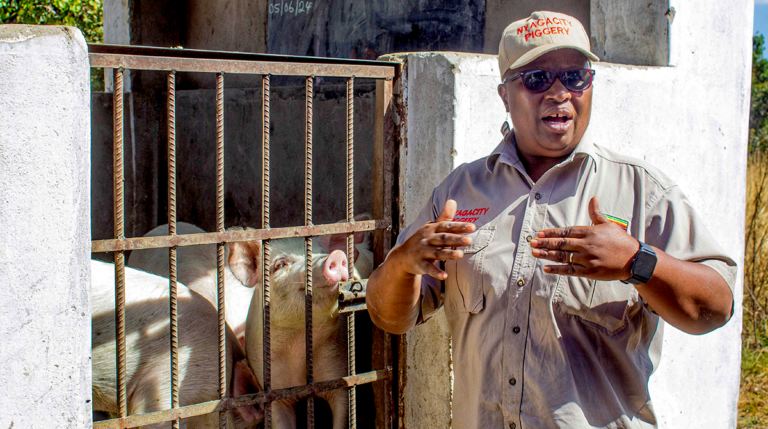
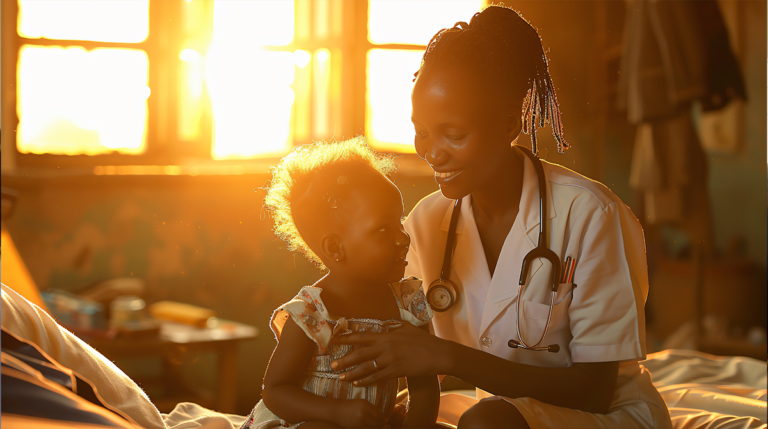
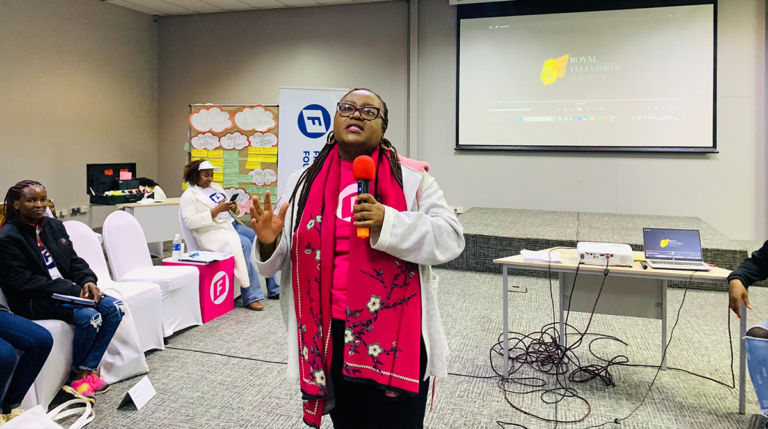
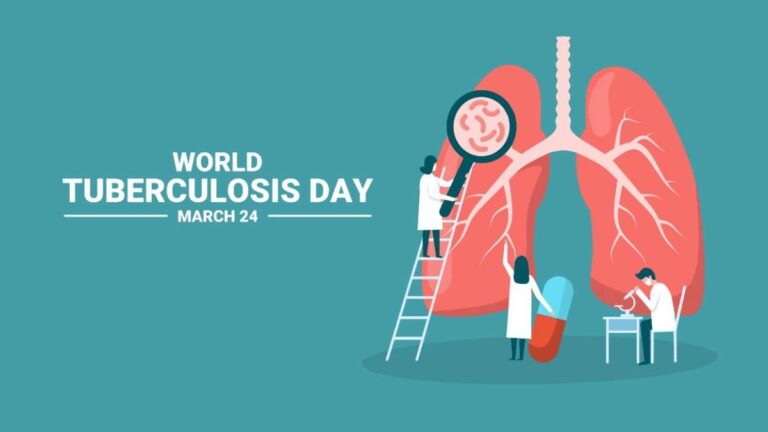


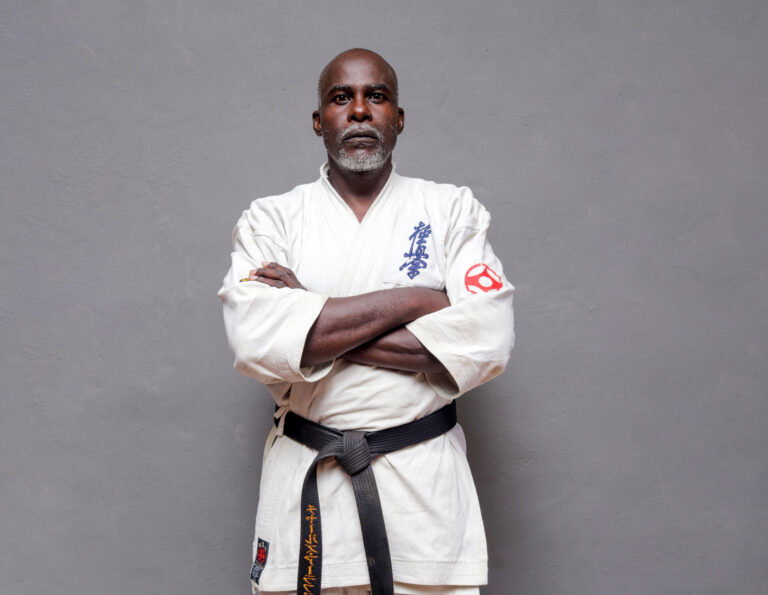
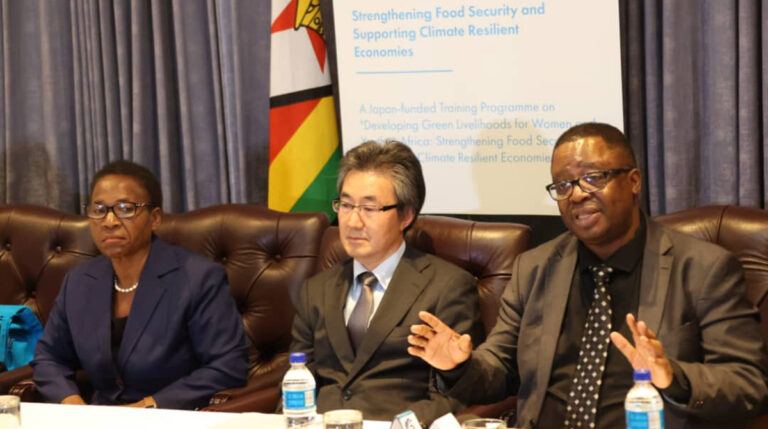


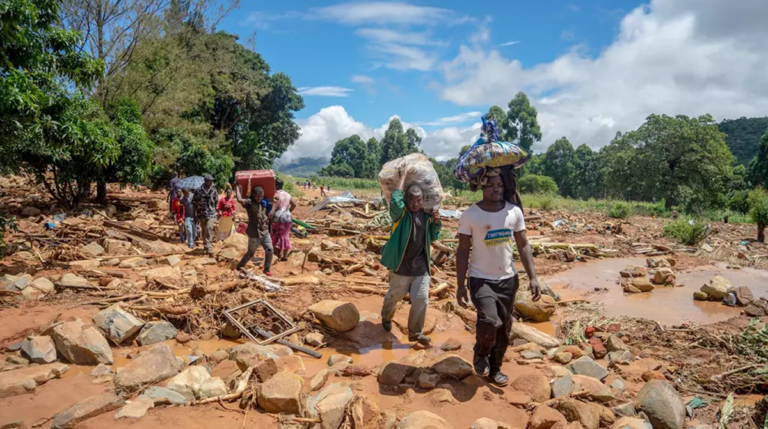
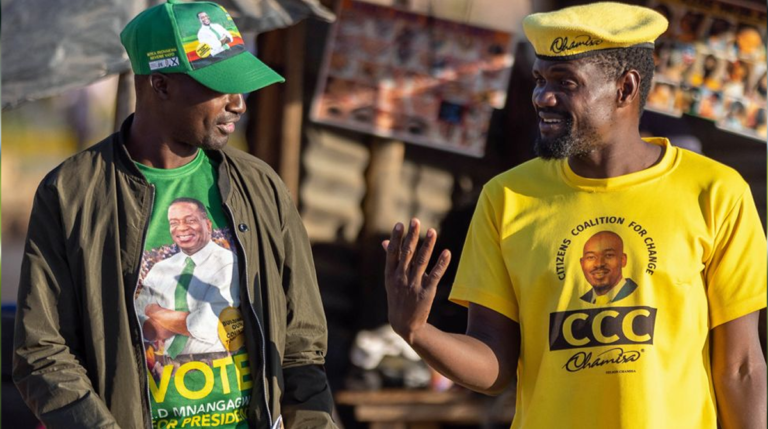
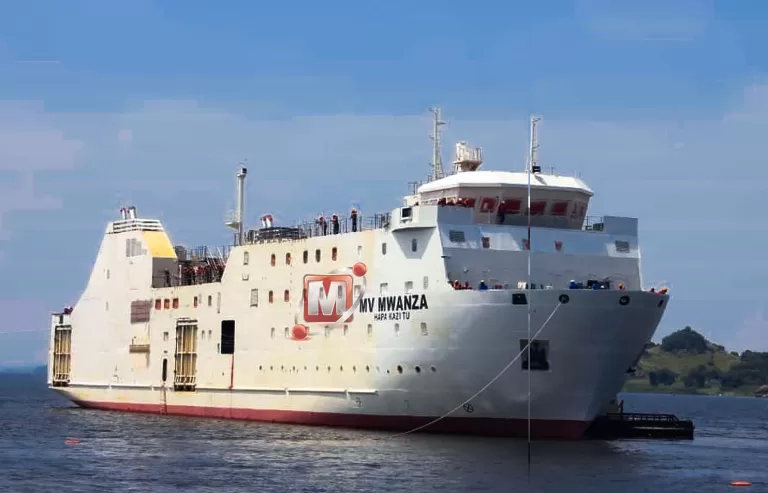
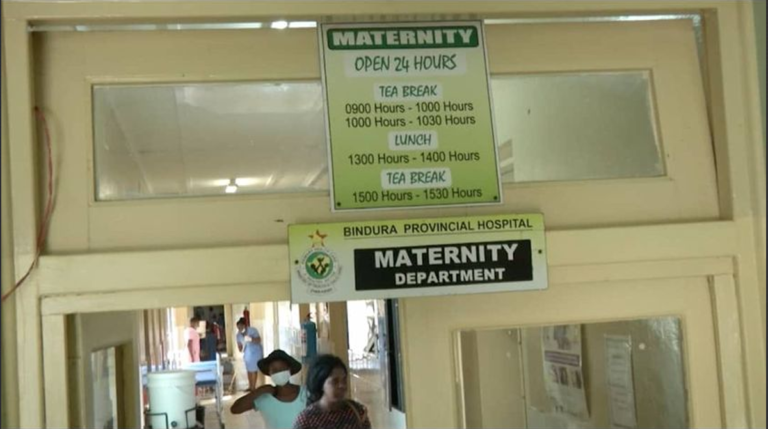
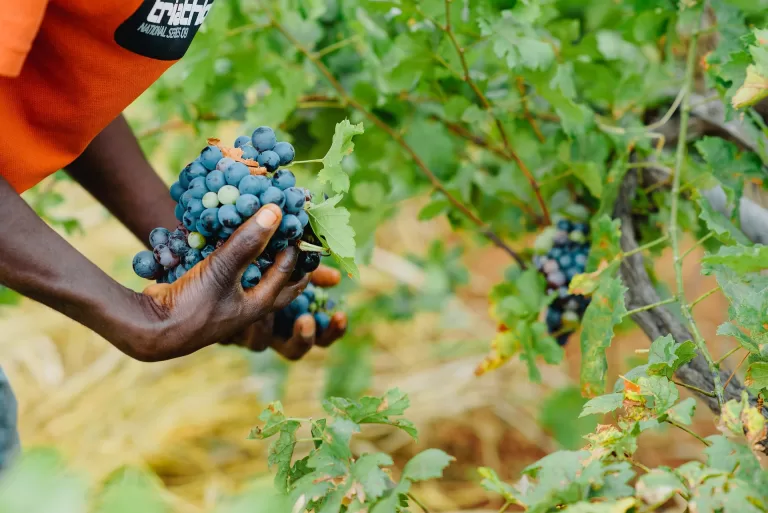
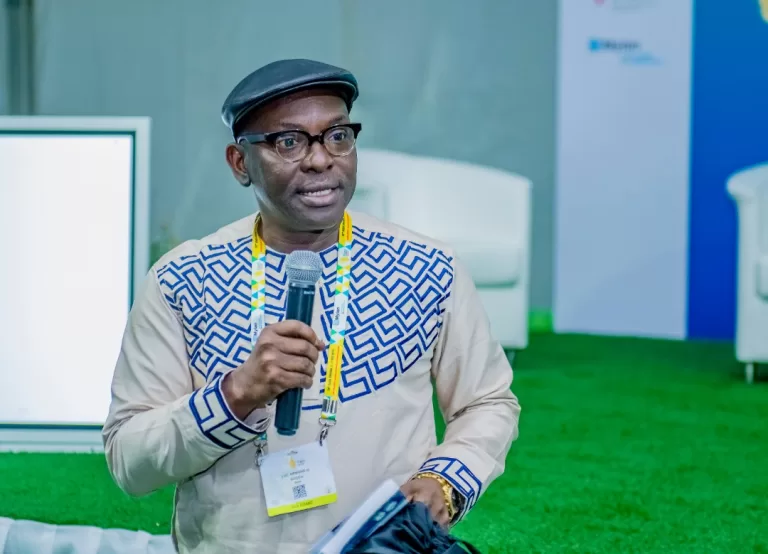
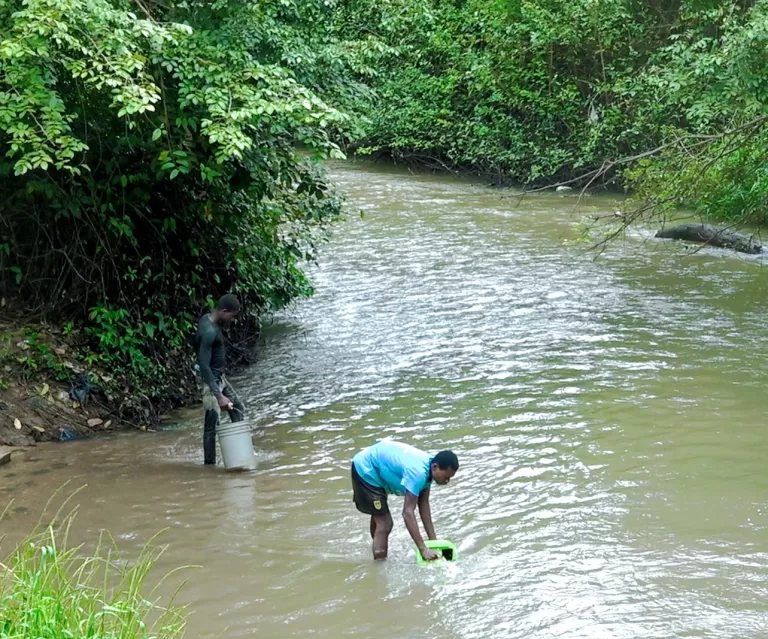
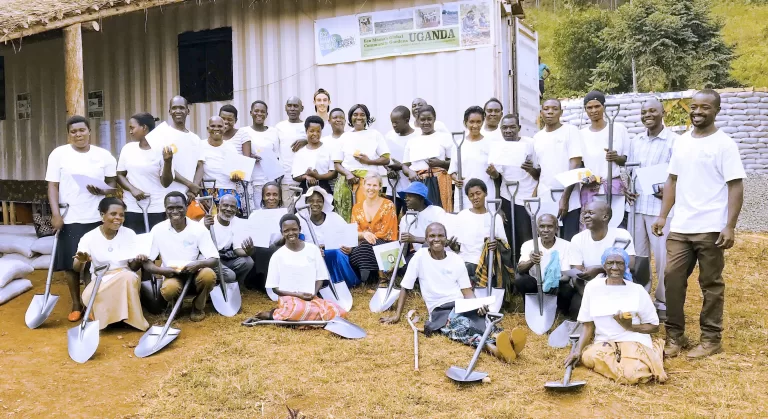
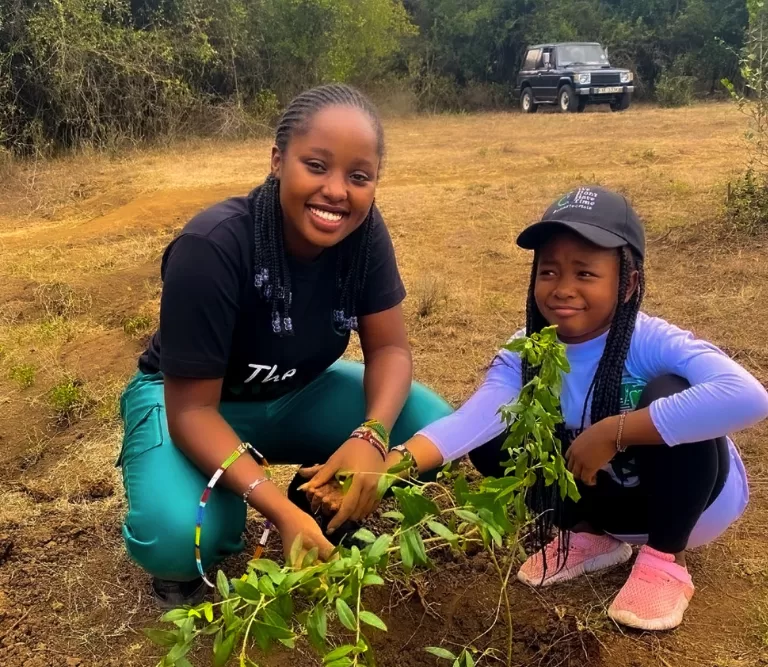
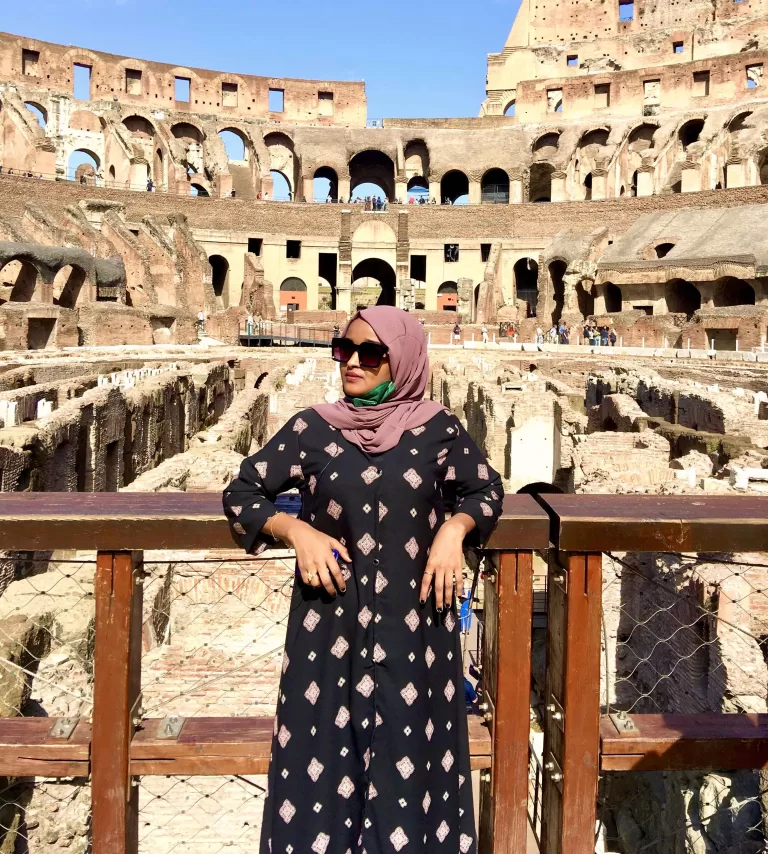

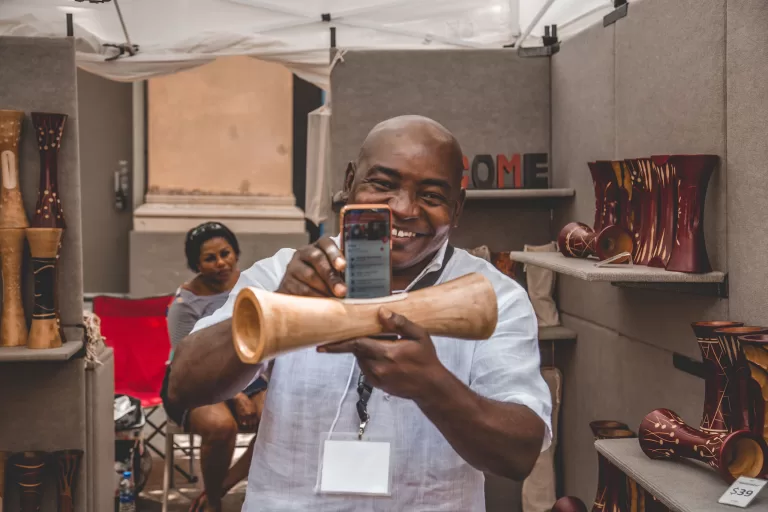
![Egypt, Algeria and Libya set to lead world's ‘green steel’ revolution [Graphics:Hope Mukami]](https://devage.co.zw/wp-content/uploads/2016/03/Egypt_Algeria_and_Libya_set_to_lead_world_s_green_steel_revolution_01-768x540.webp)
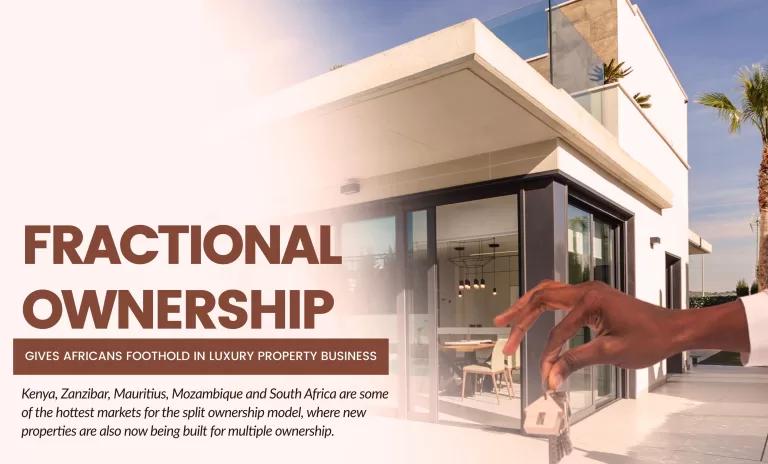
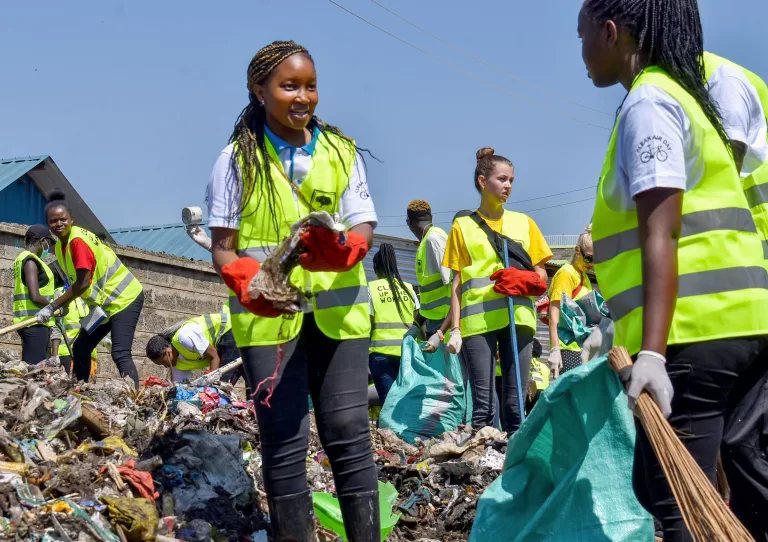
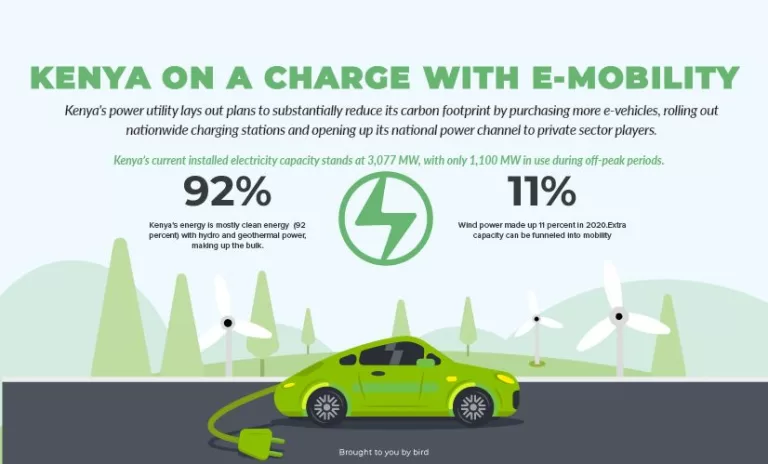



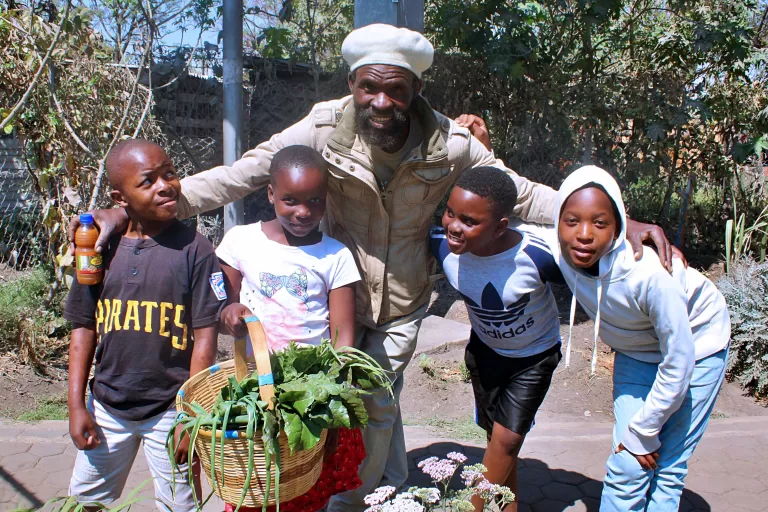
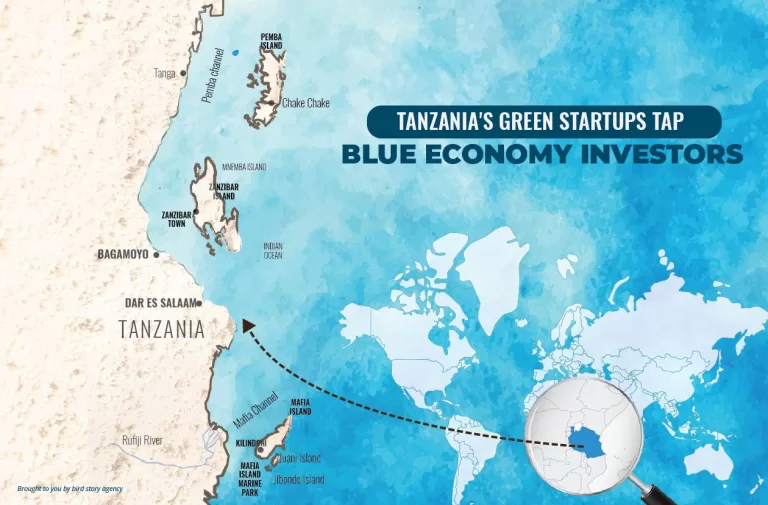
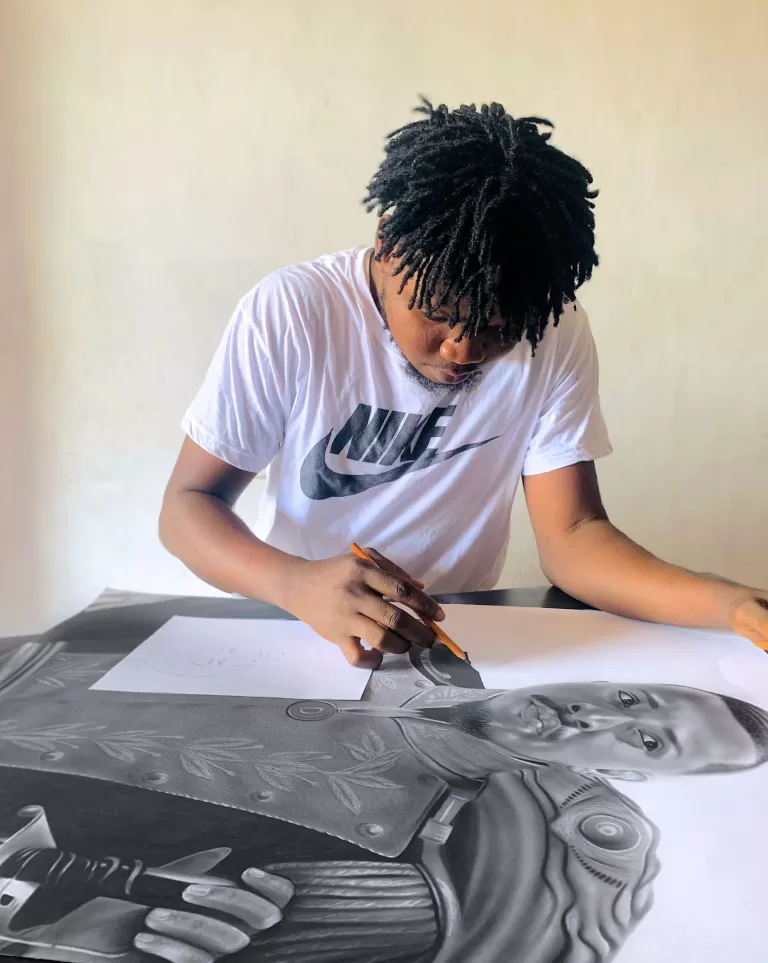
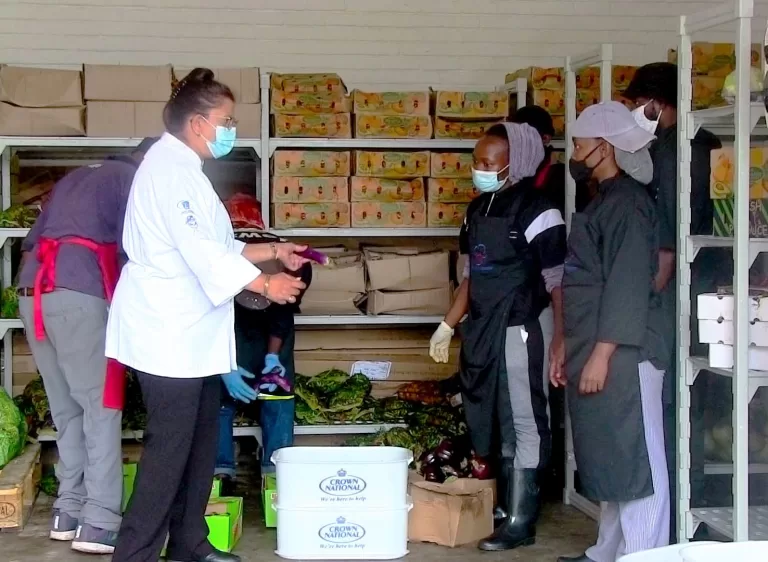




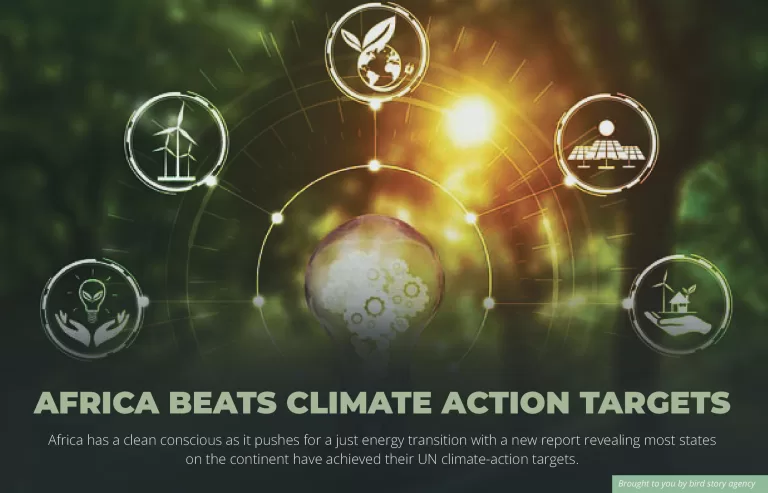



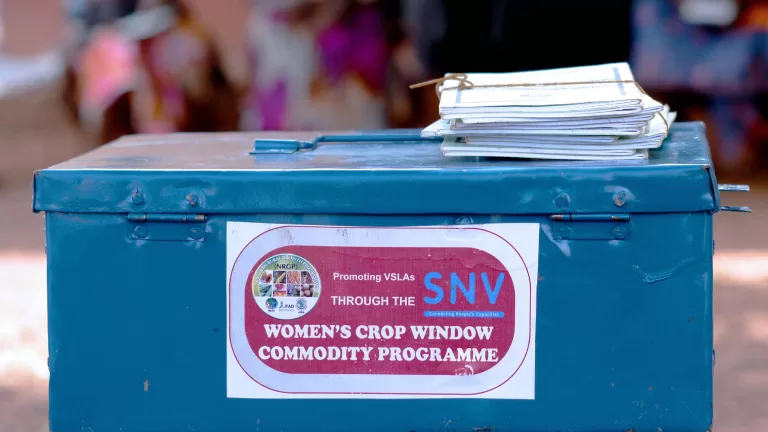
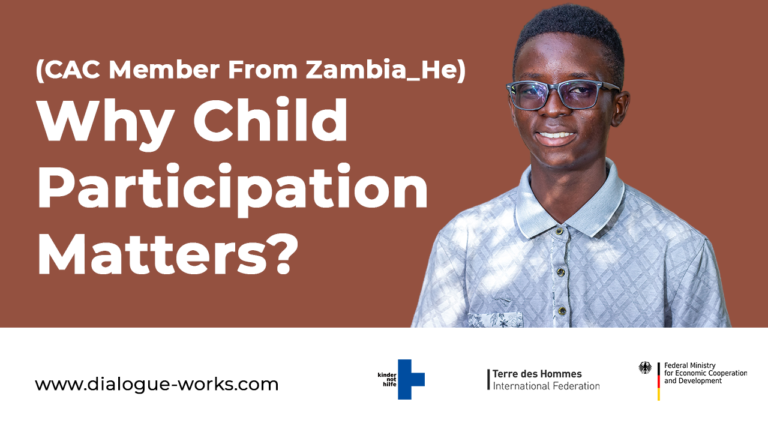
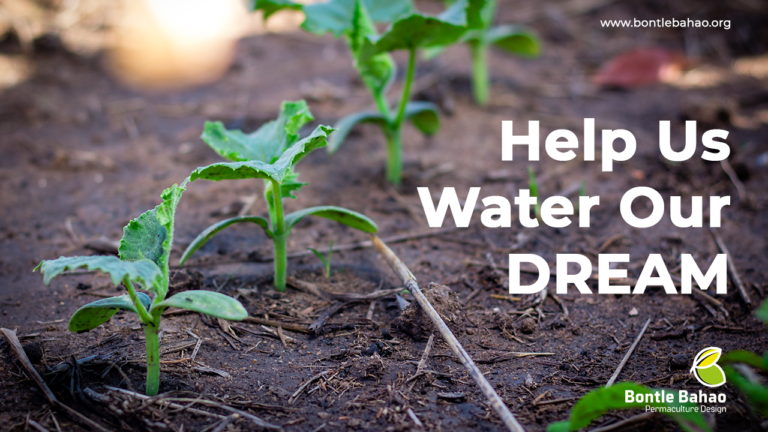


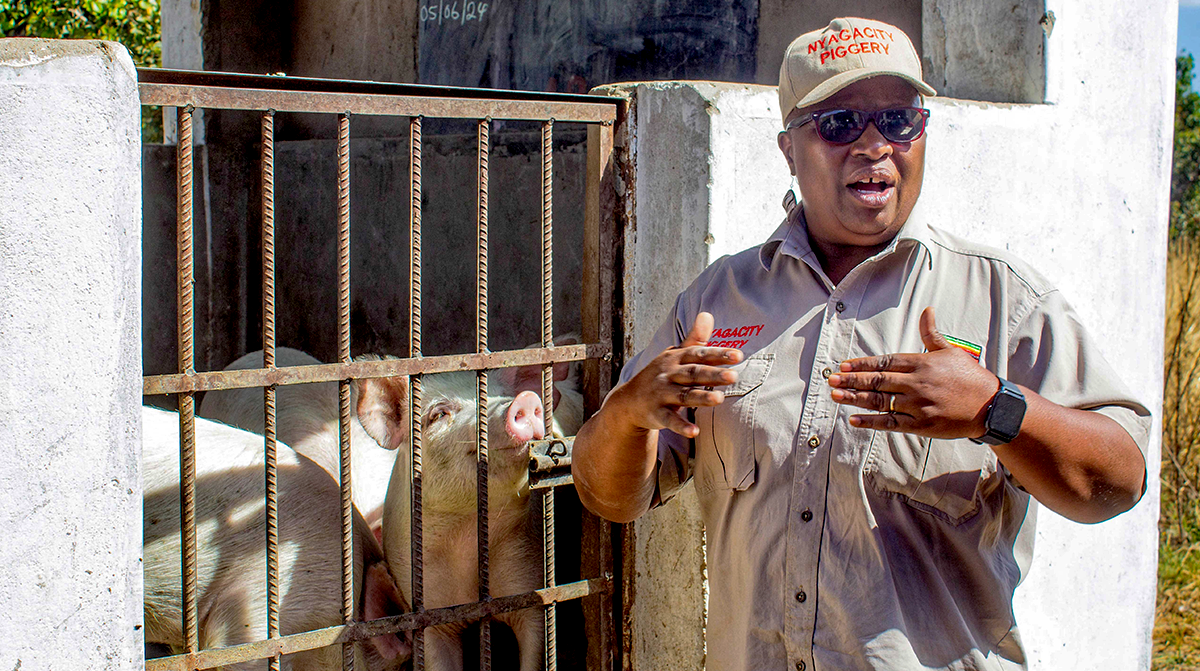
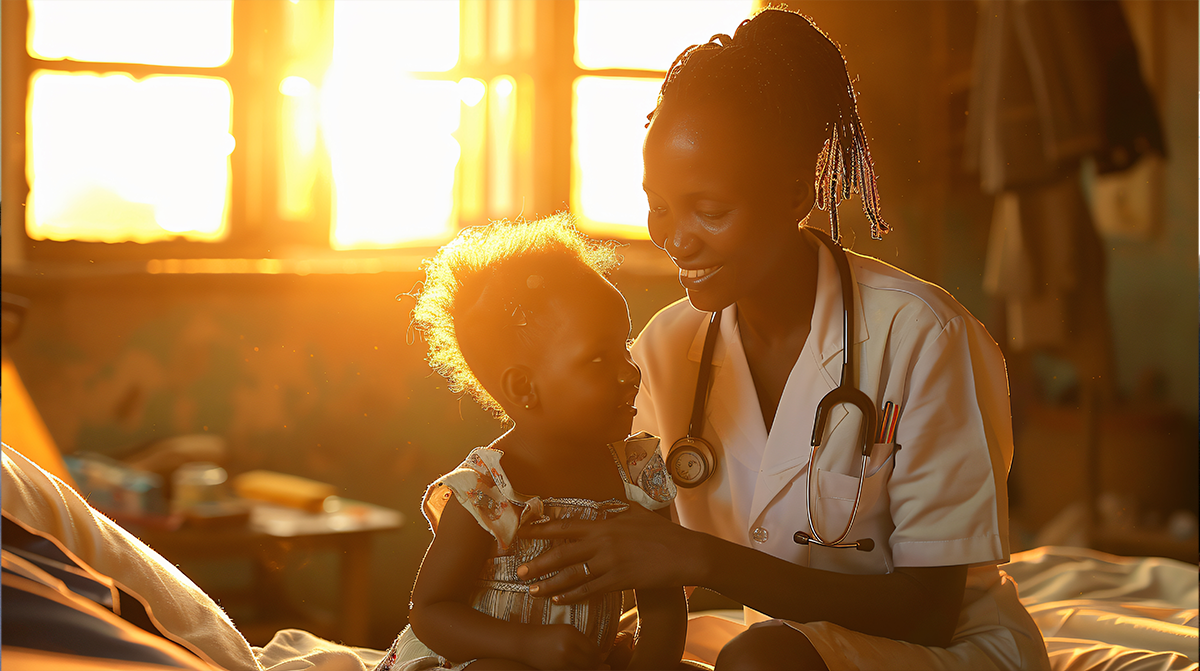
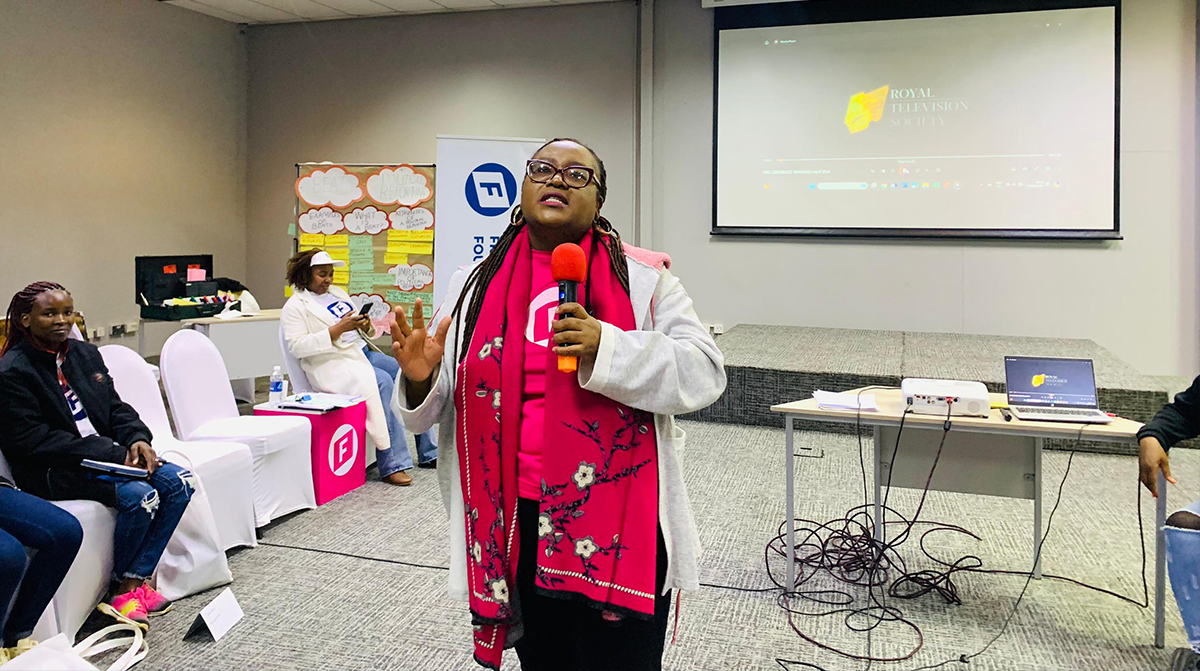
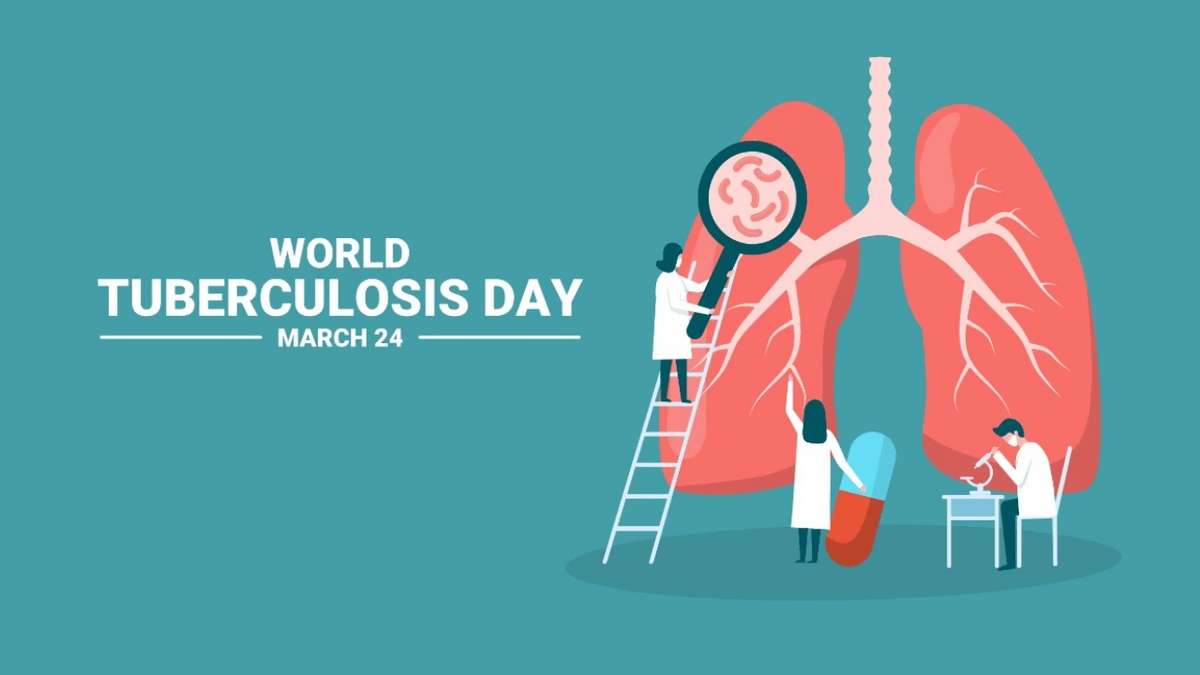
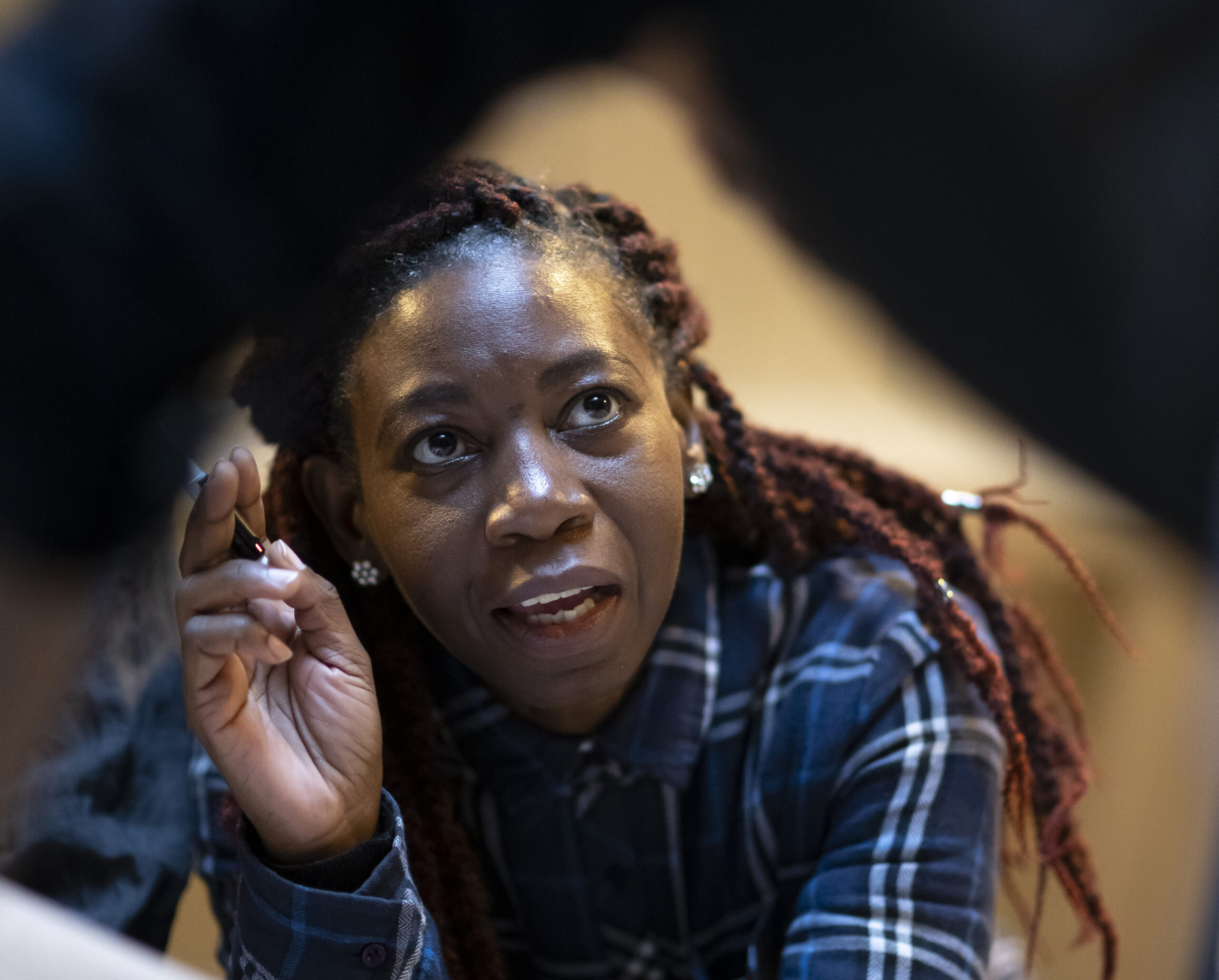

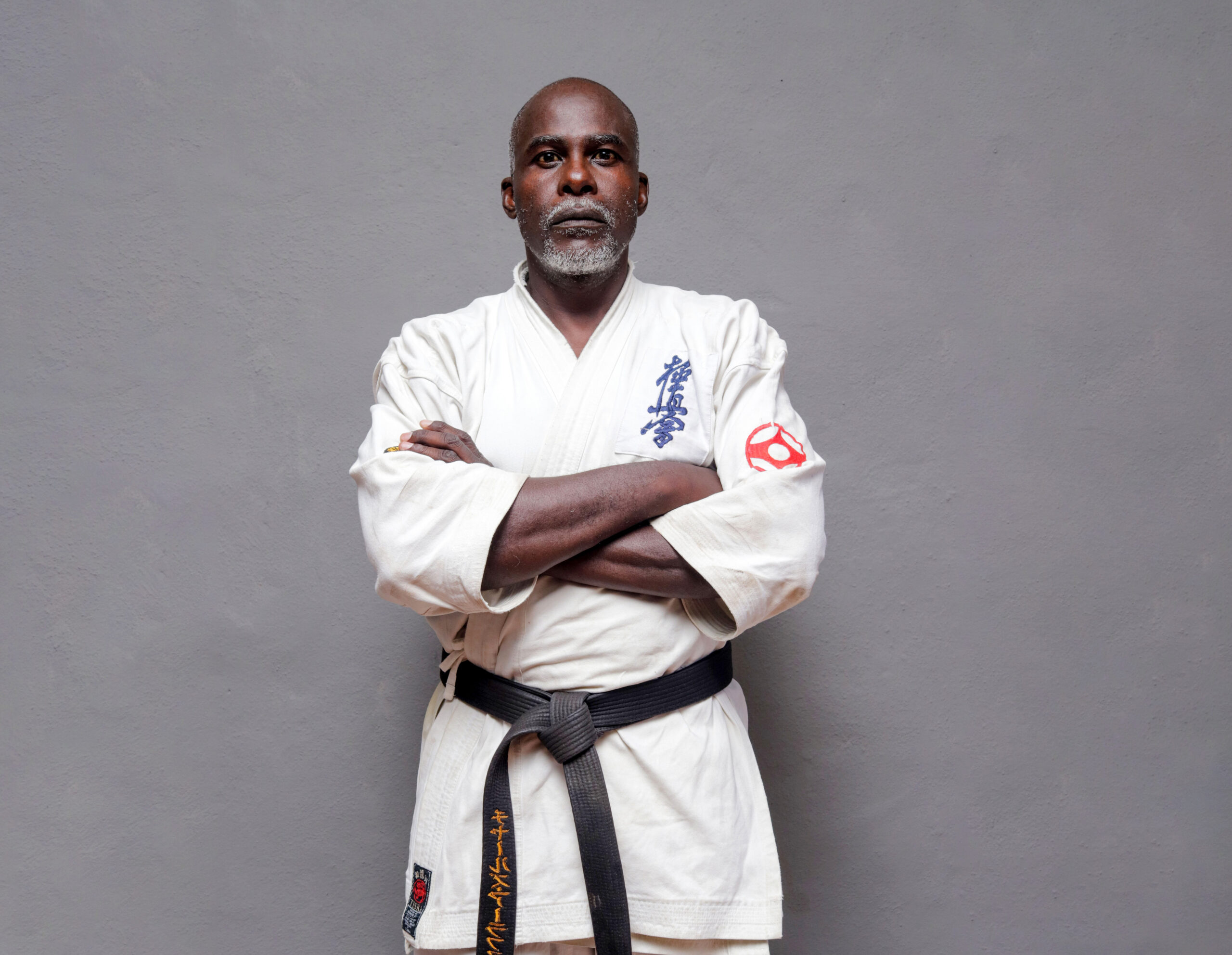
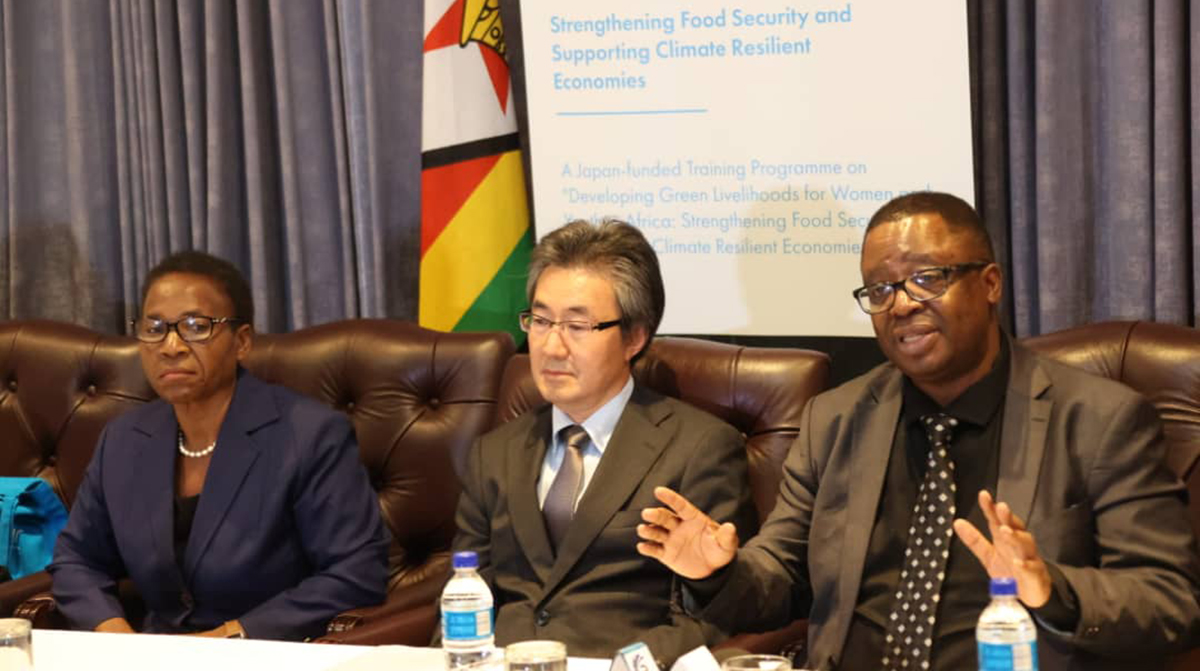


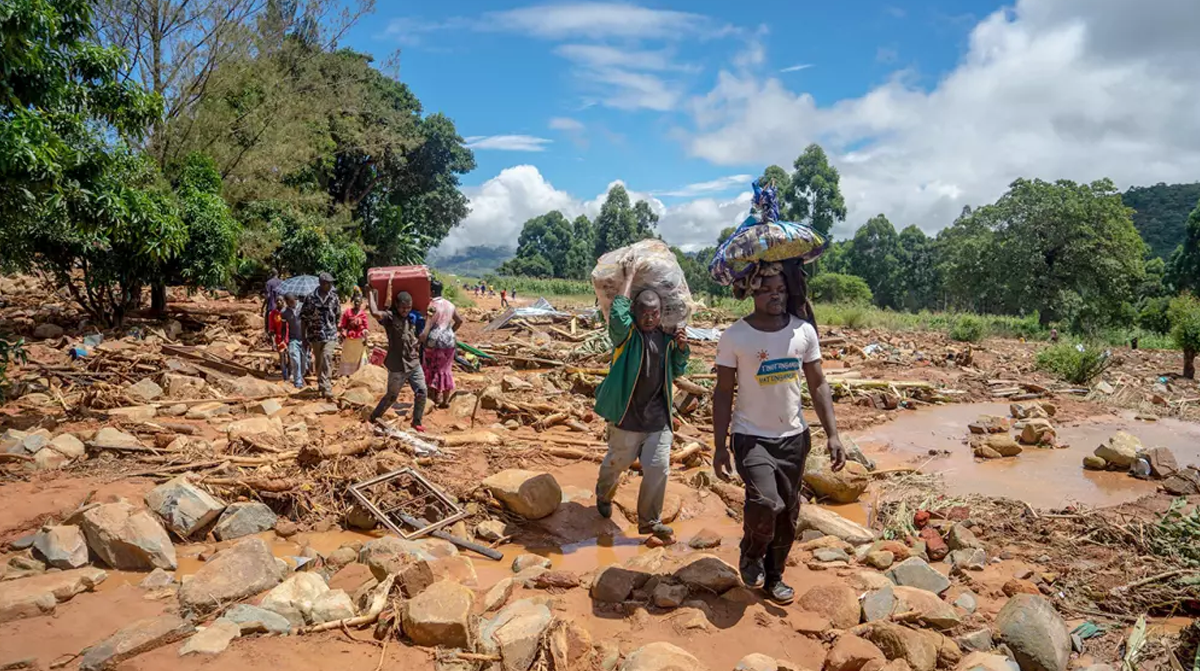
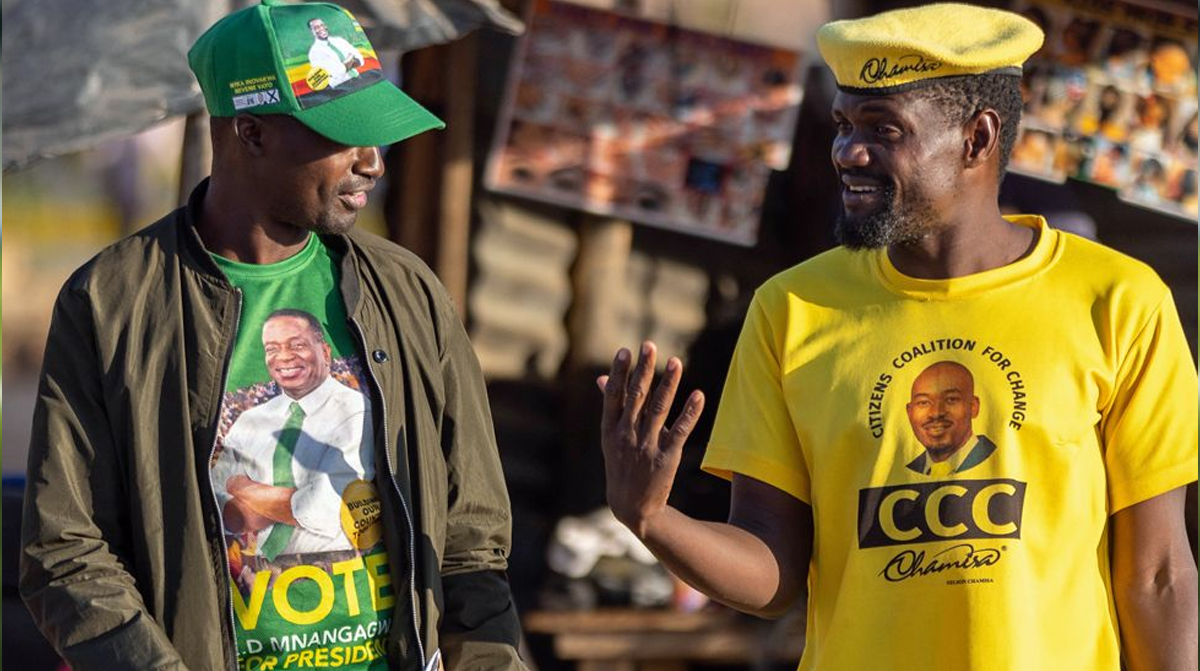
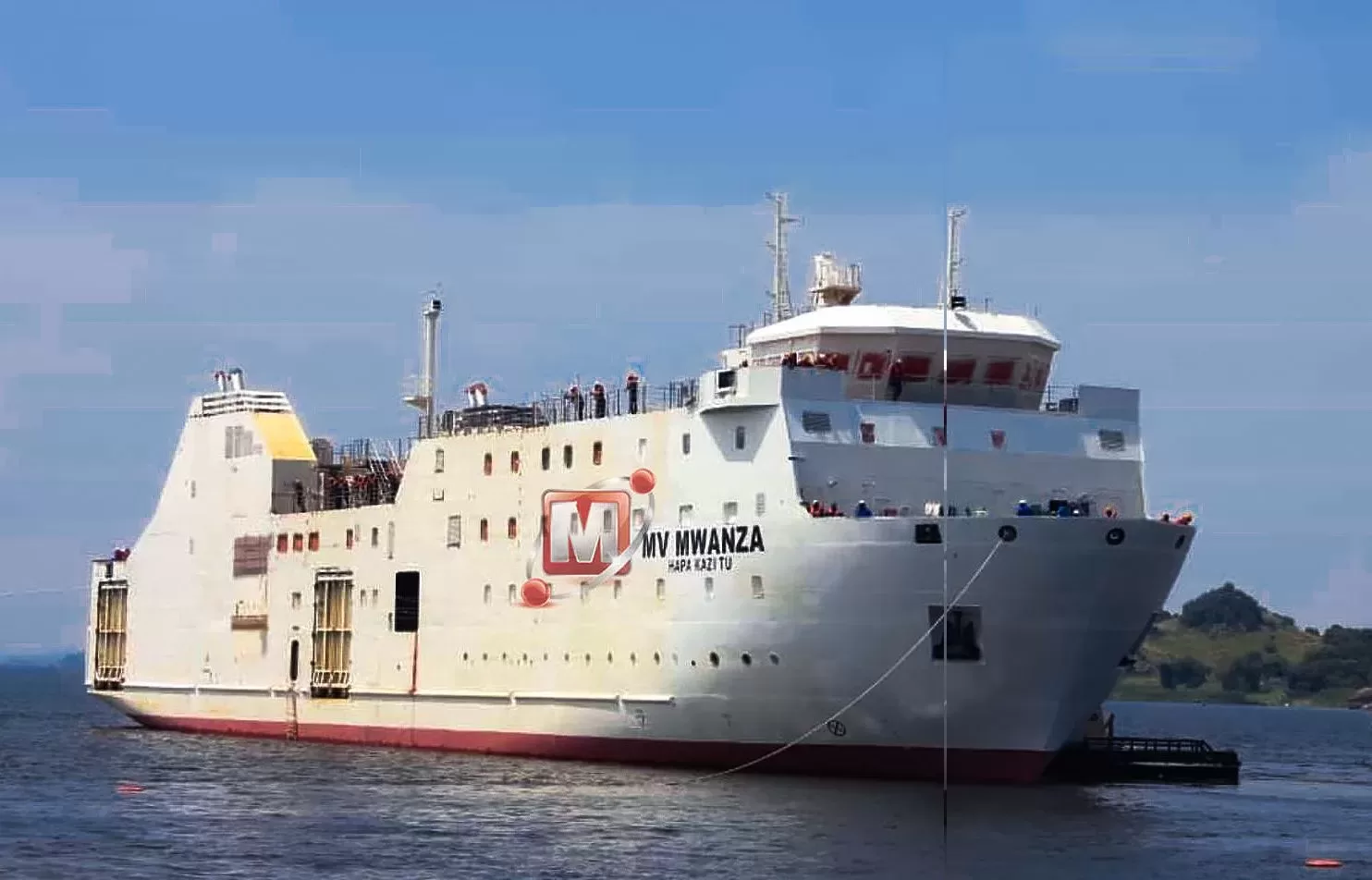

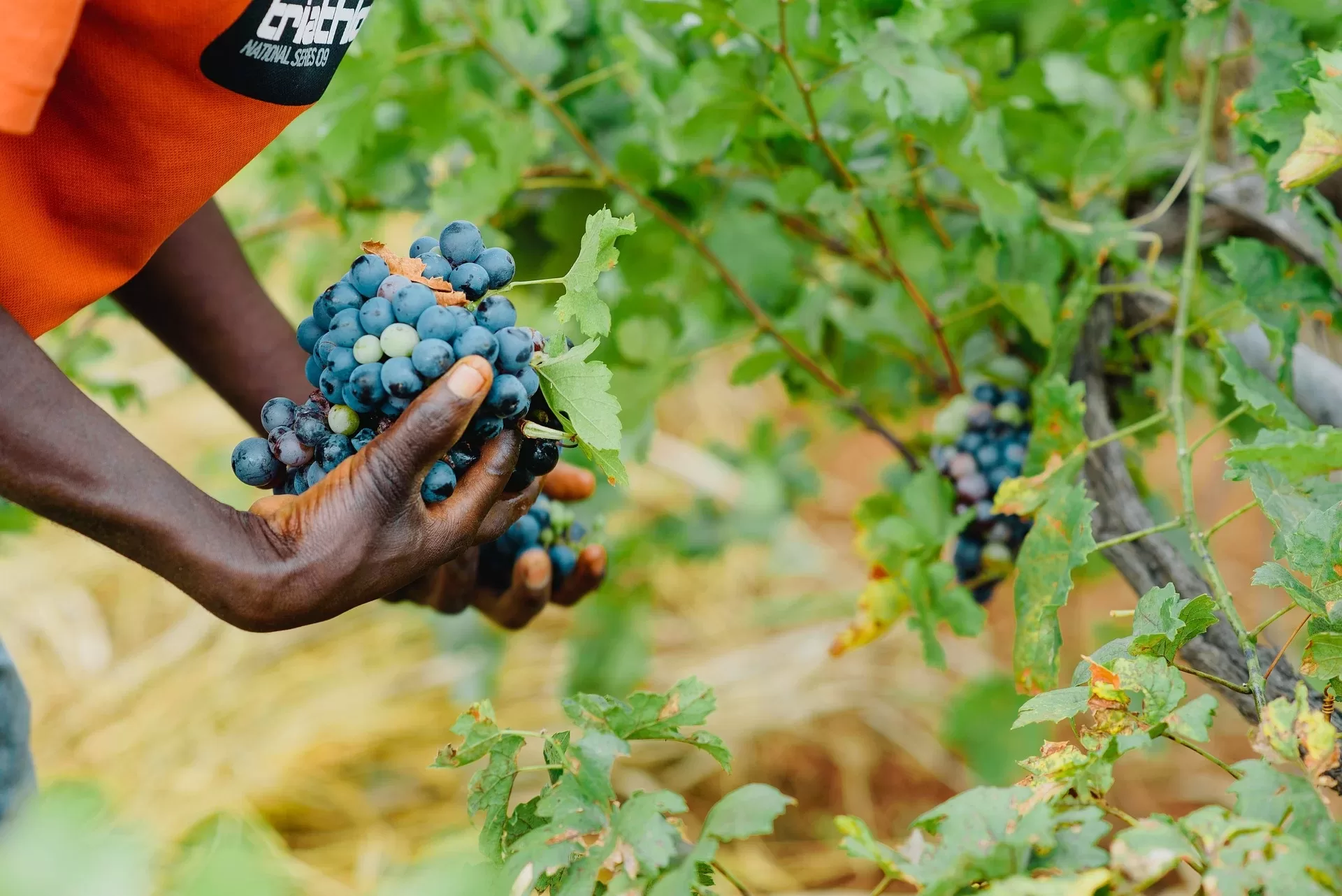
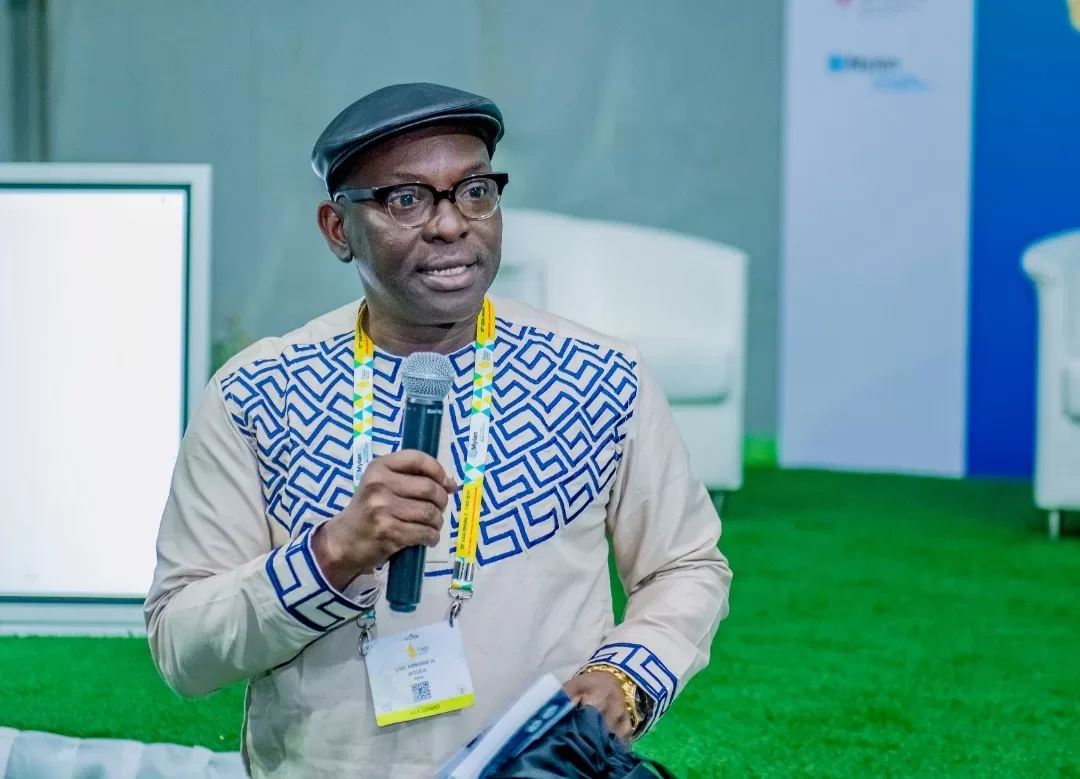
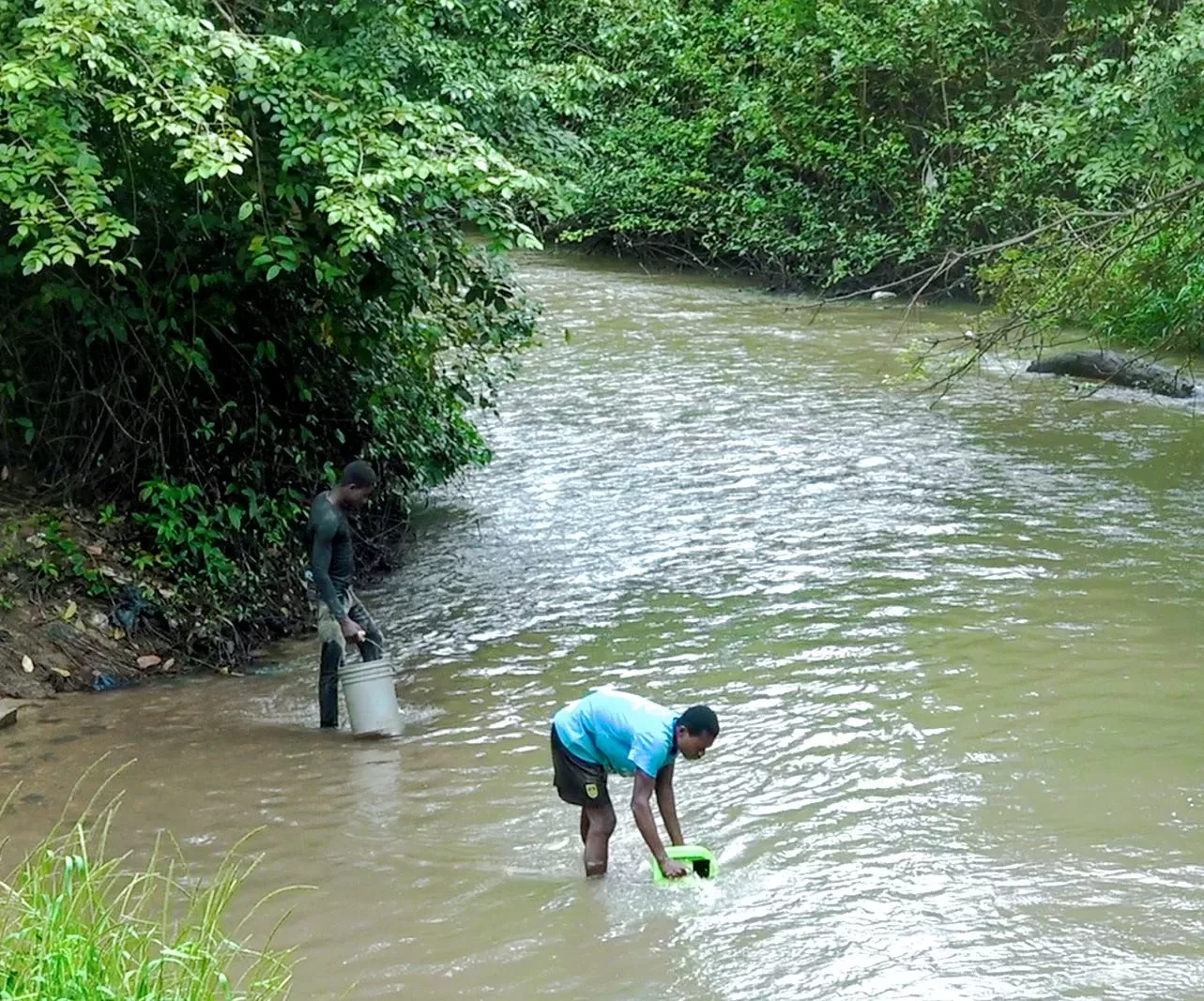
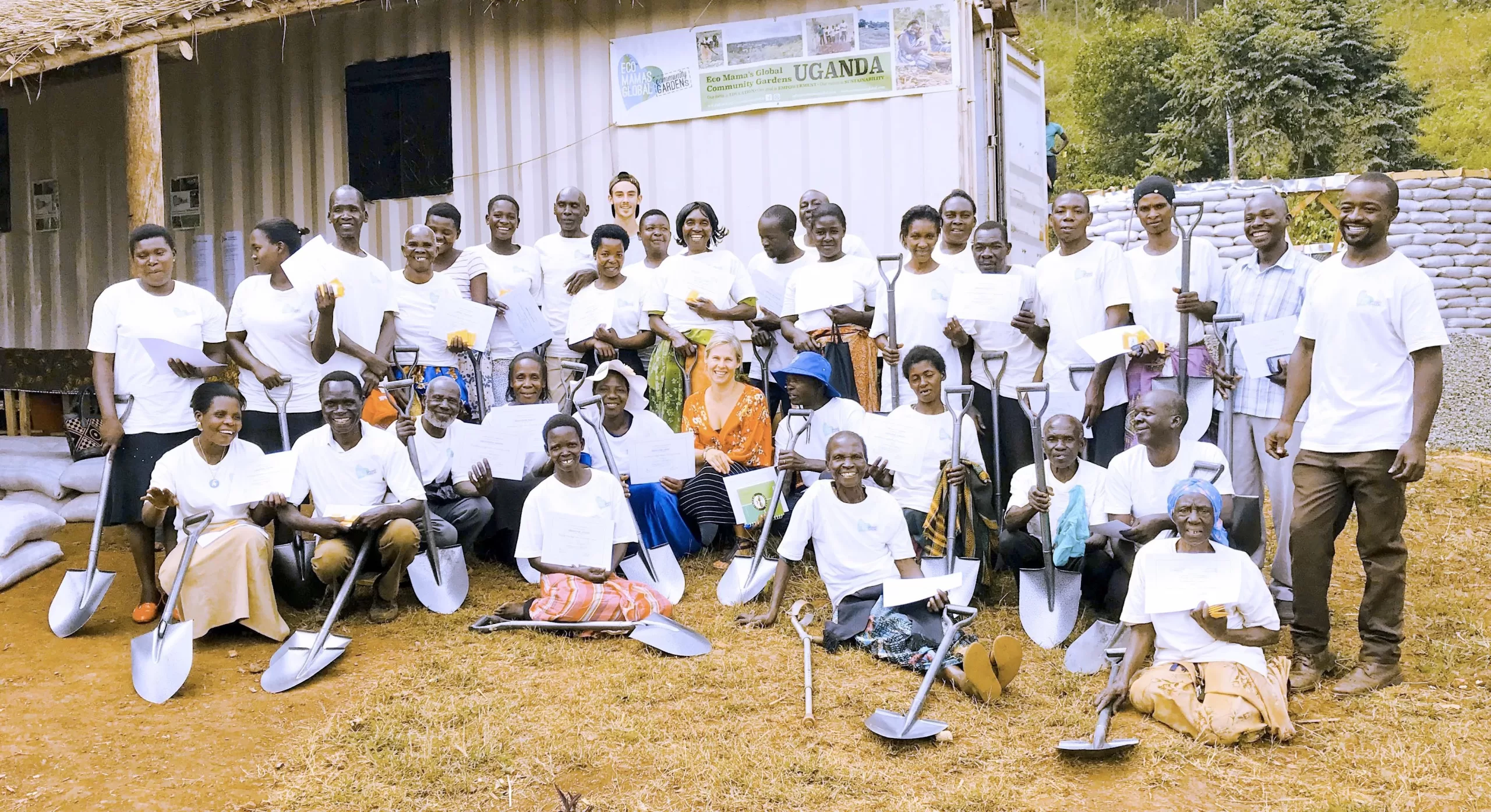
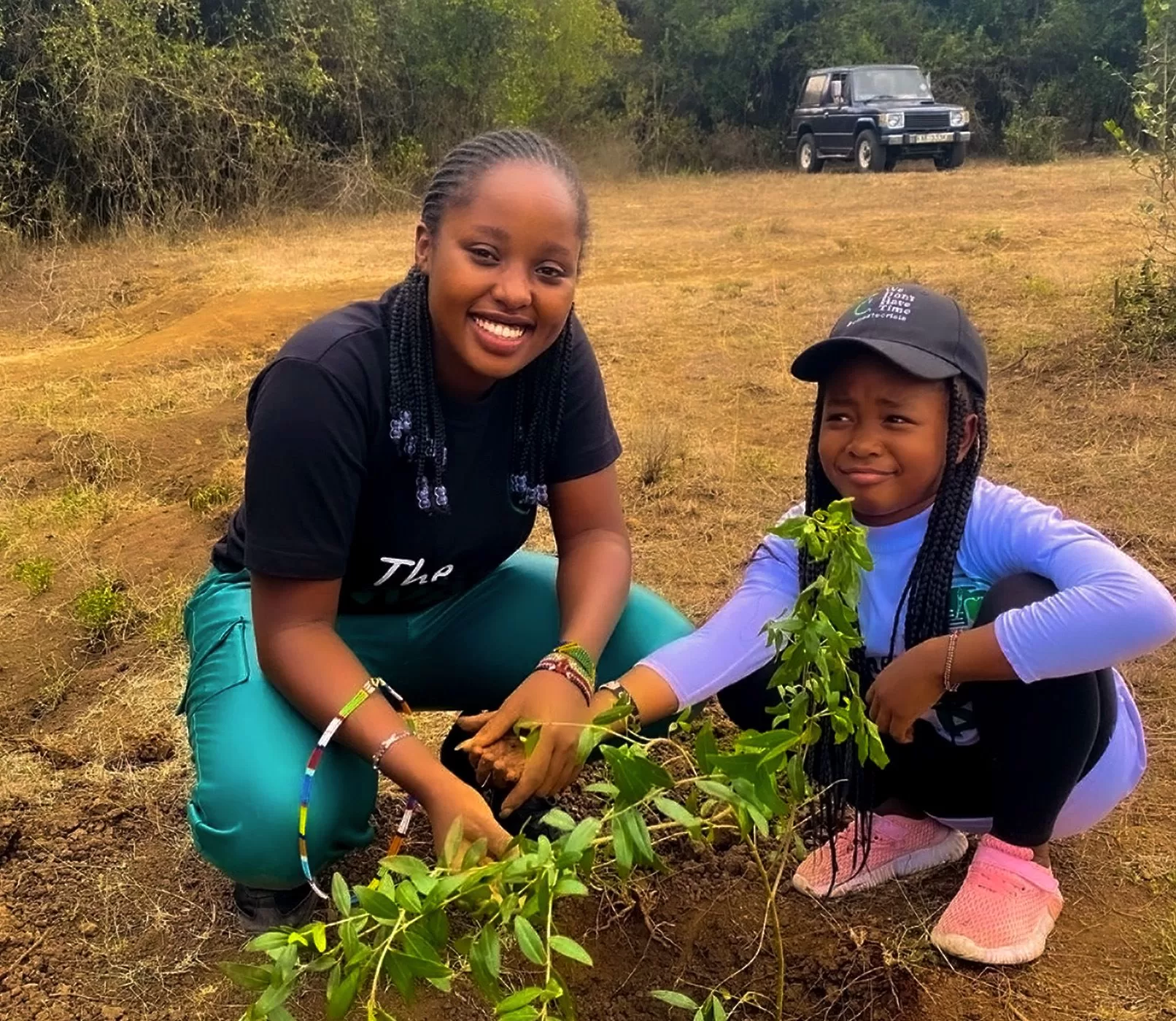
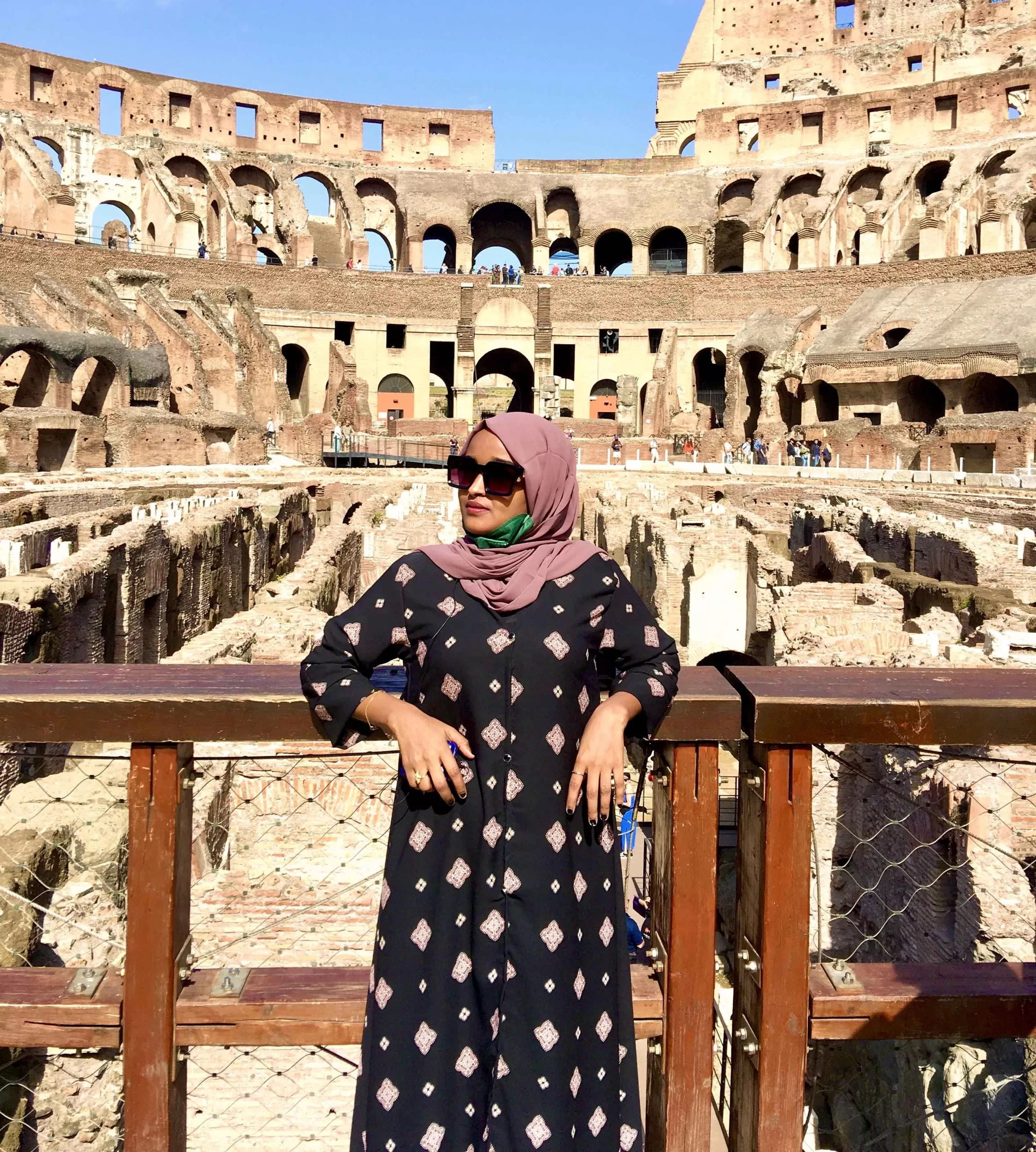
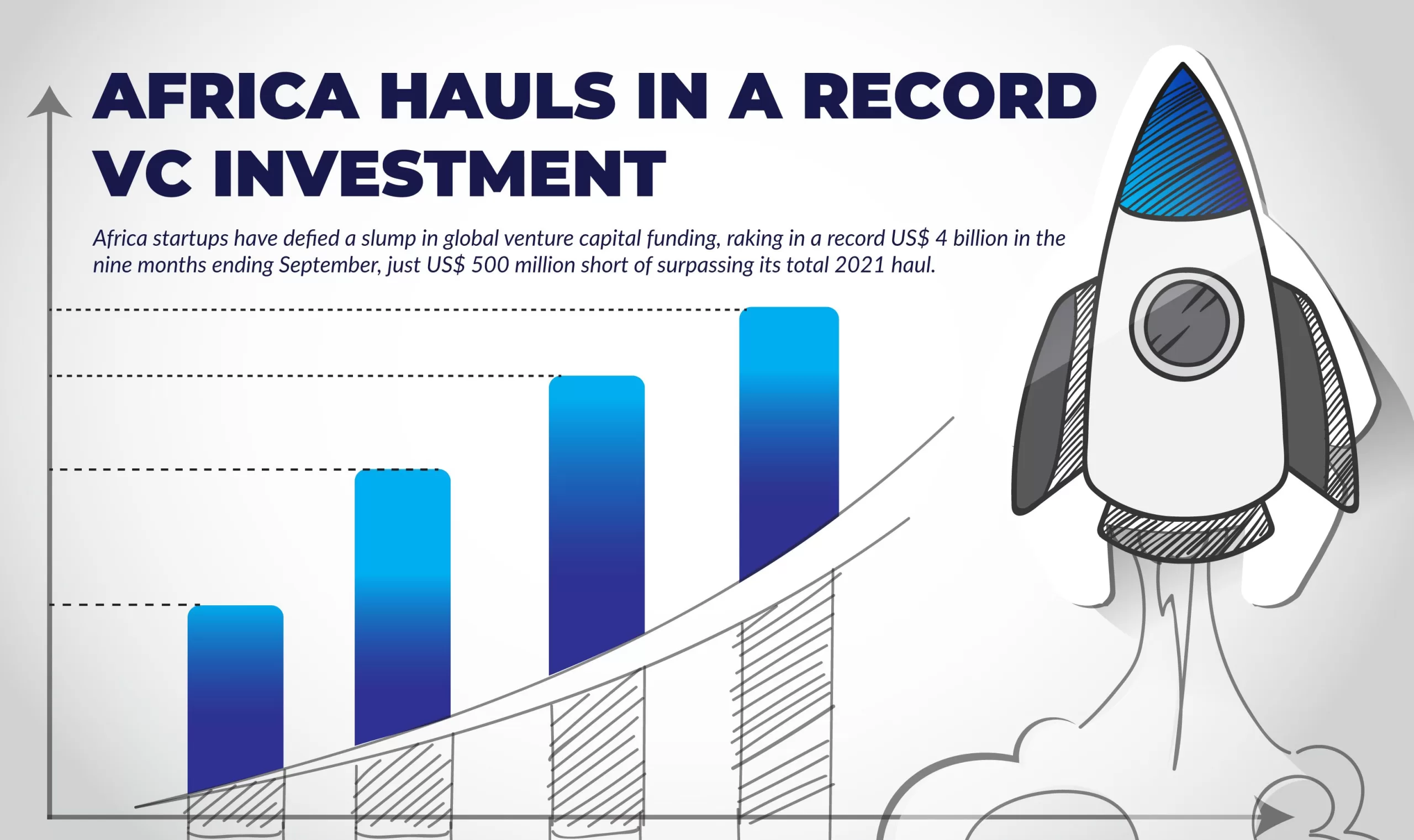

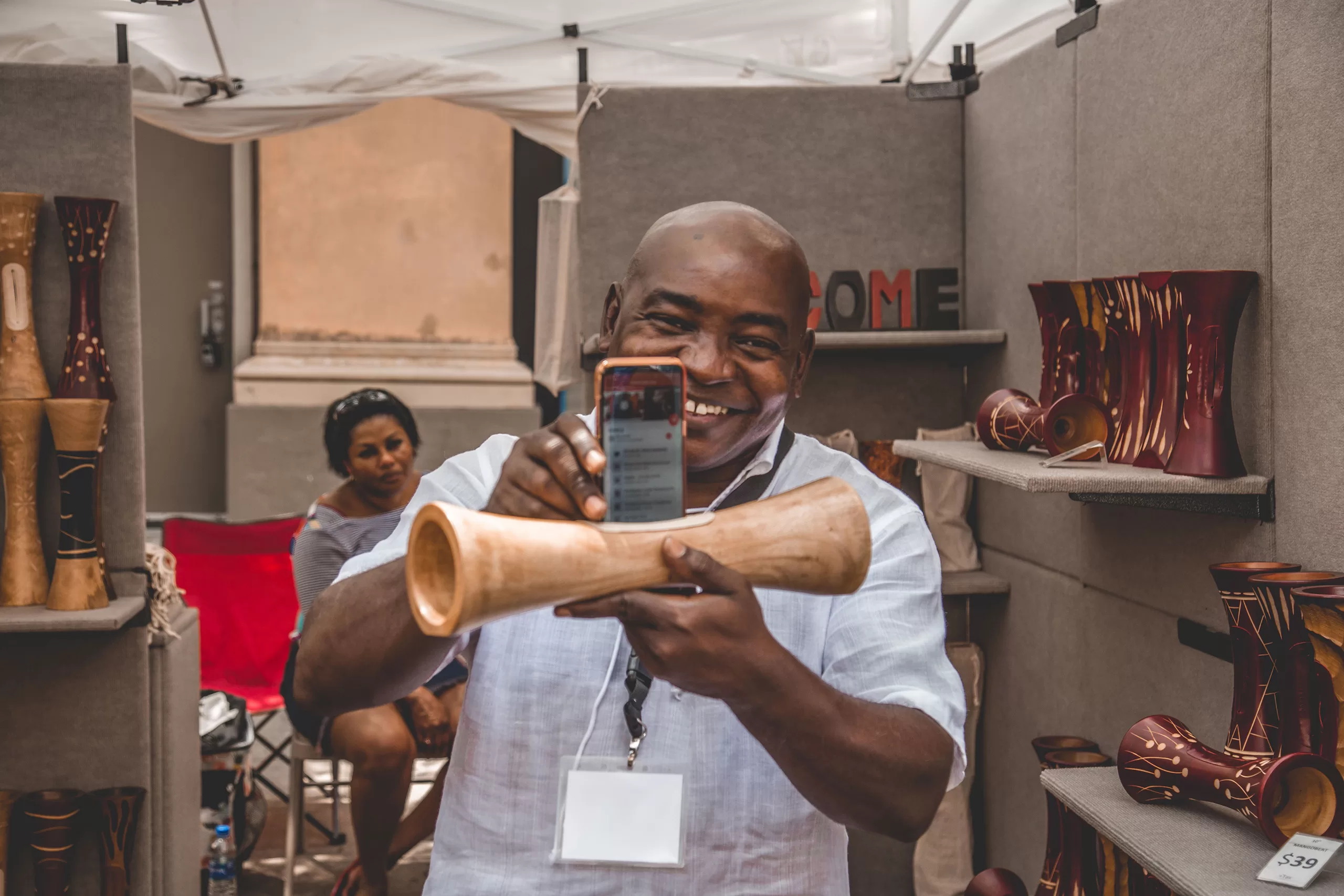
![Egypt, Algeria and Libya set to lead world's ‘green steel’ revolution [Graphics:Hope Mukami]](https://devage.co.zw/wp-content/uploads/2016/03/Egypt_Algeria_and_Libya_set_to_lead_world_s_green_steel_revolution_01-scaled.webp)
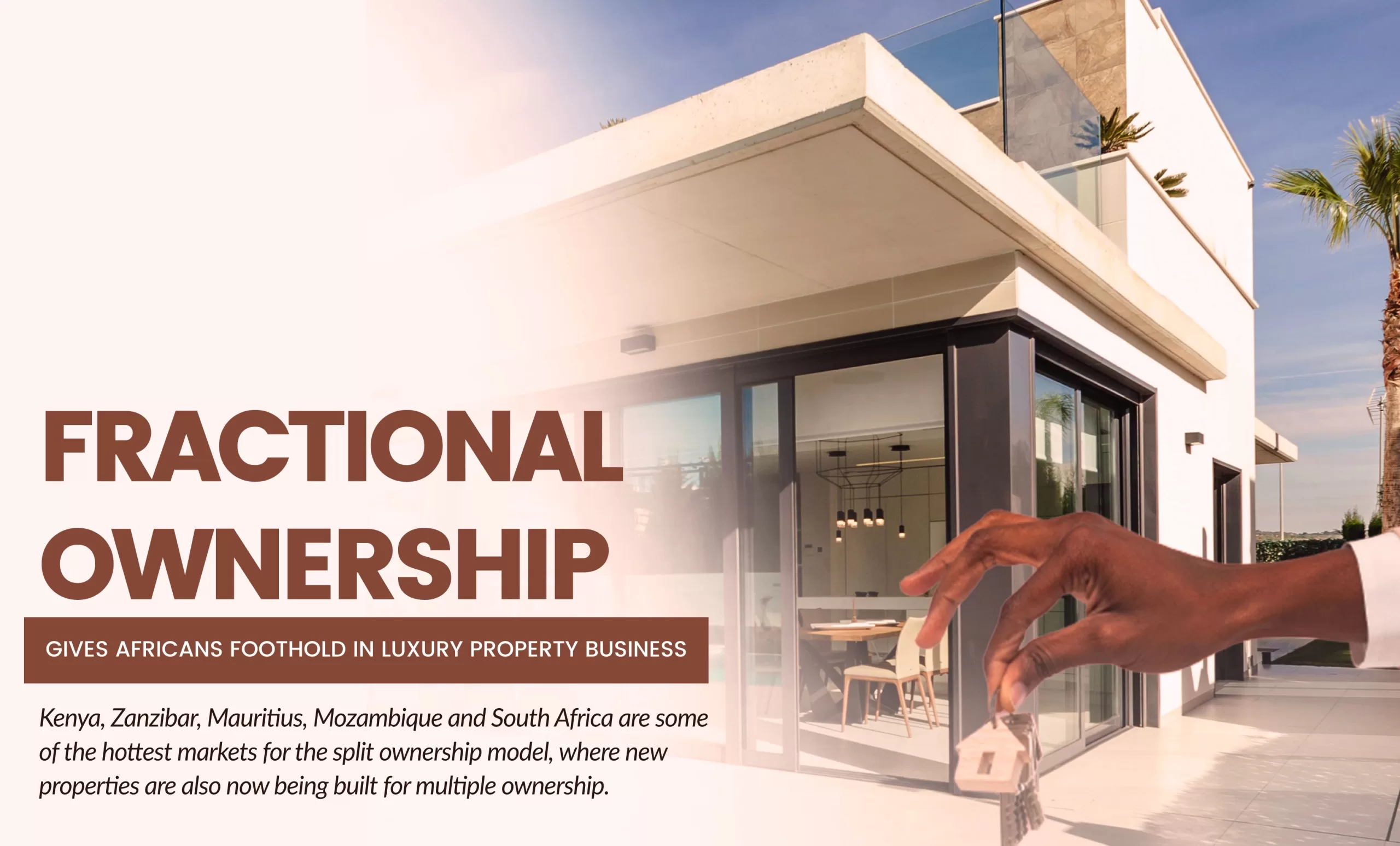
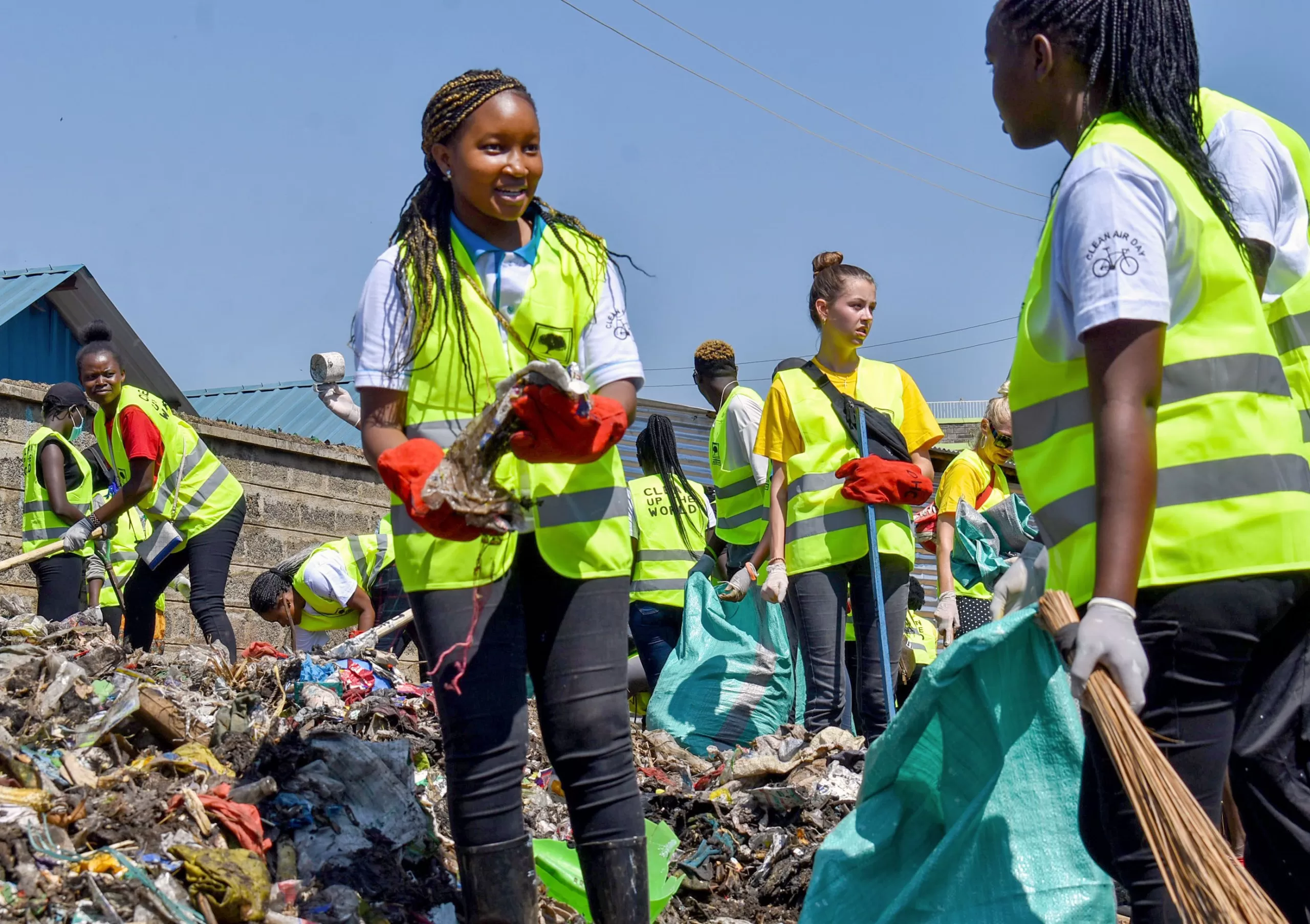
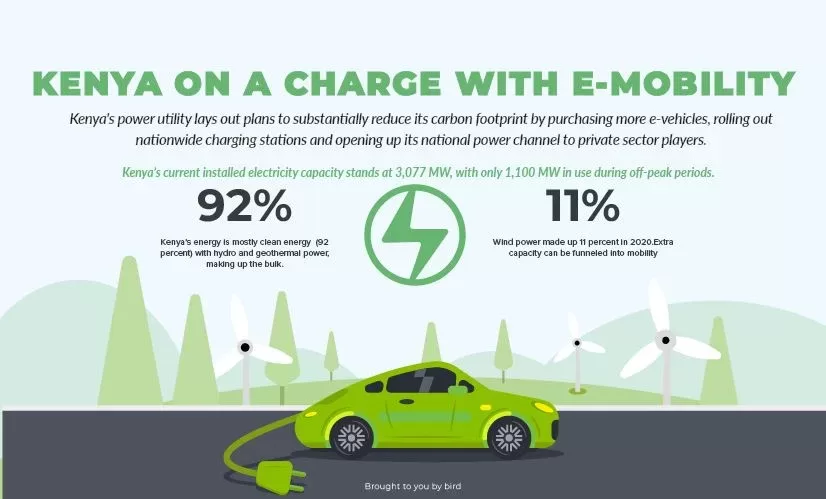

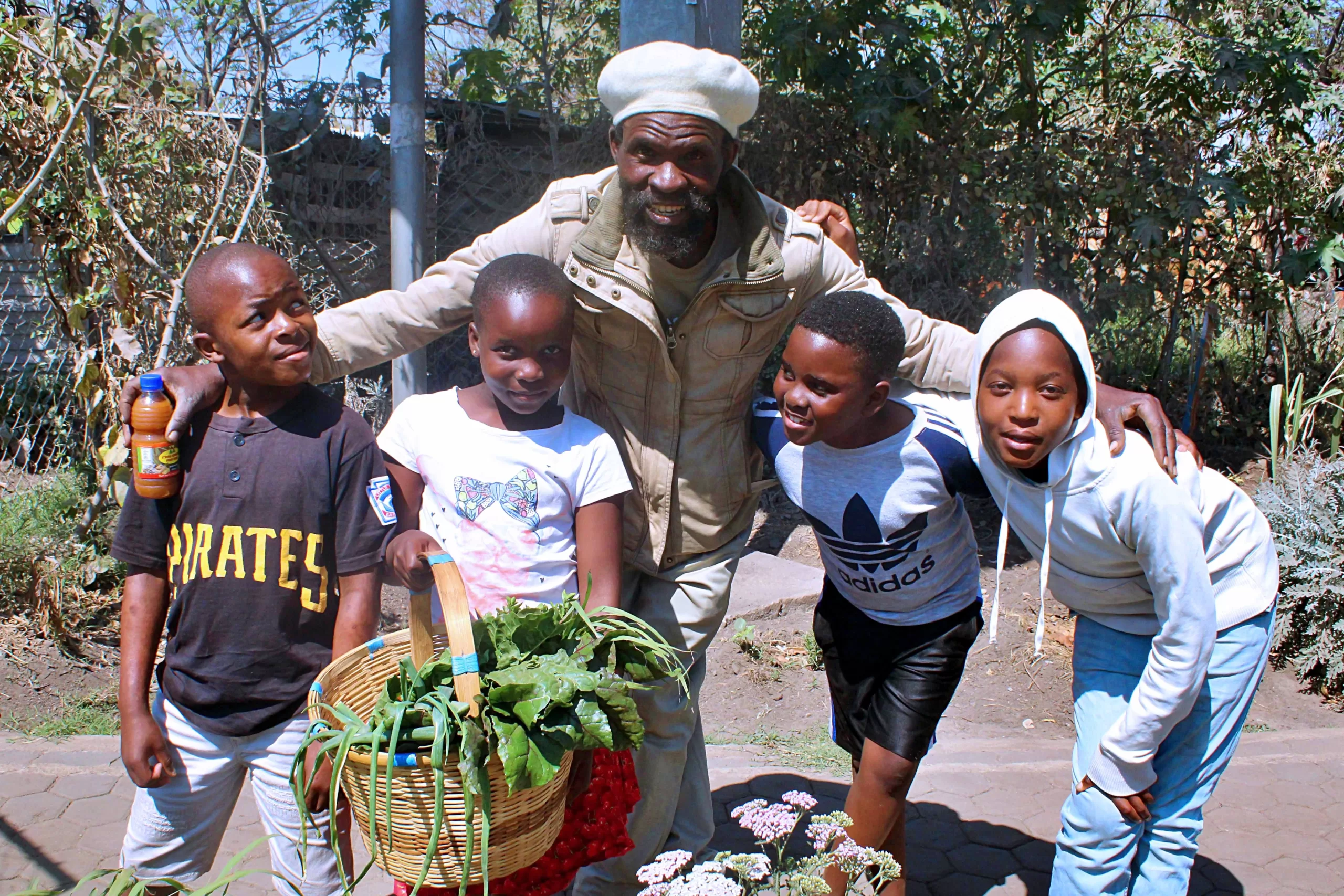
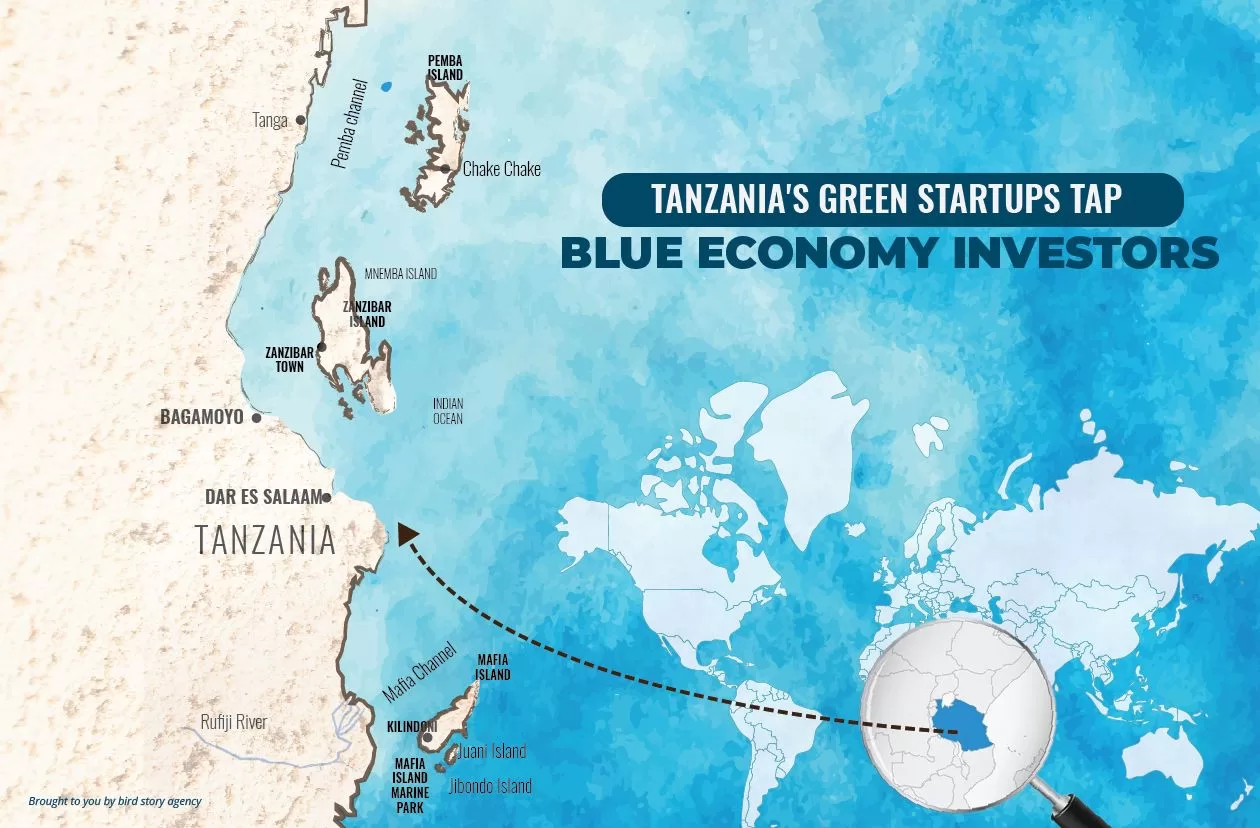
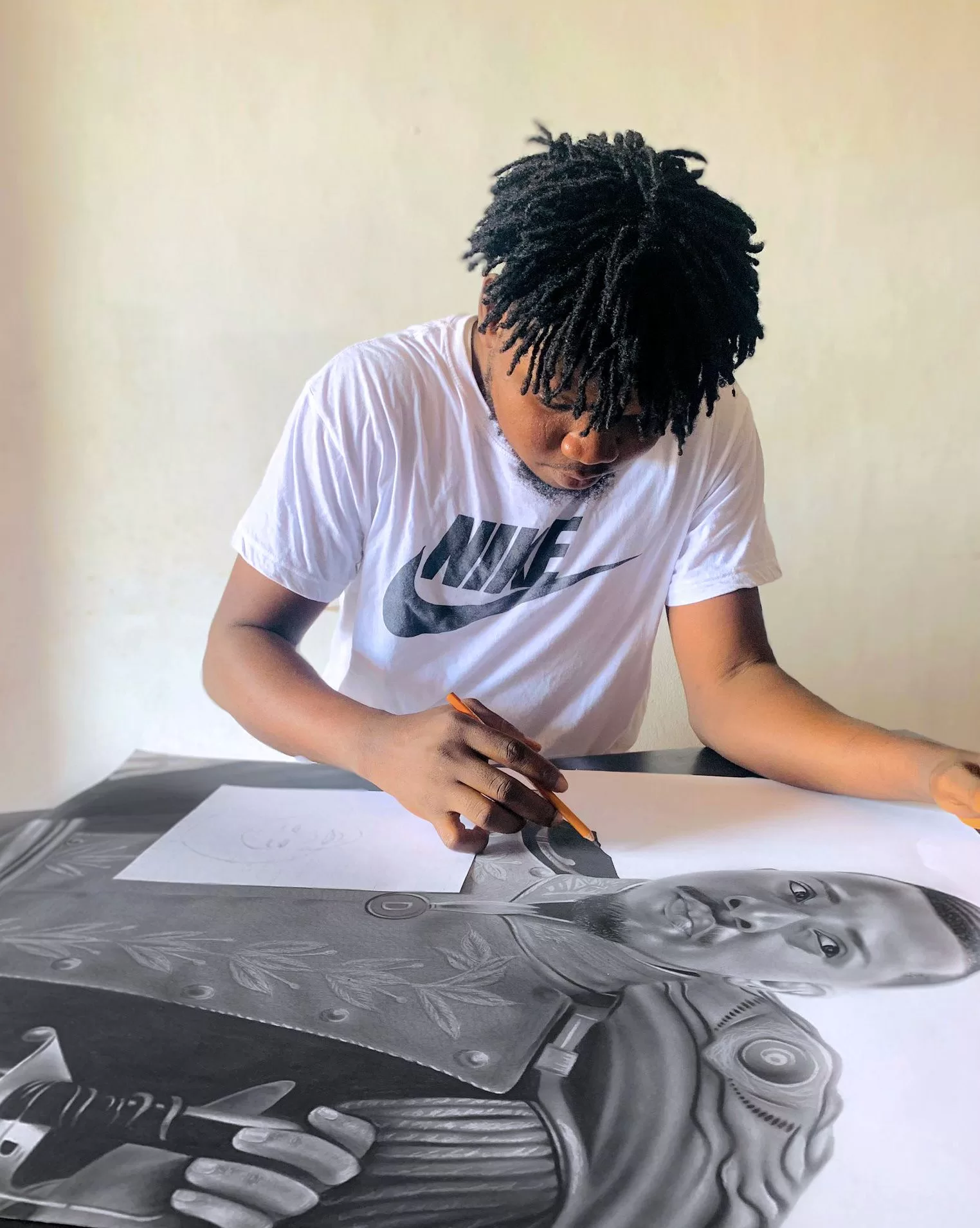
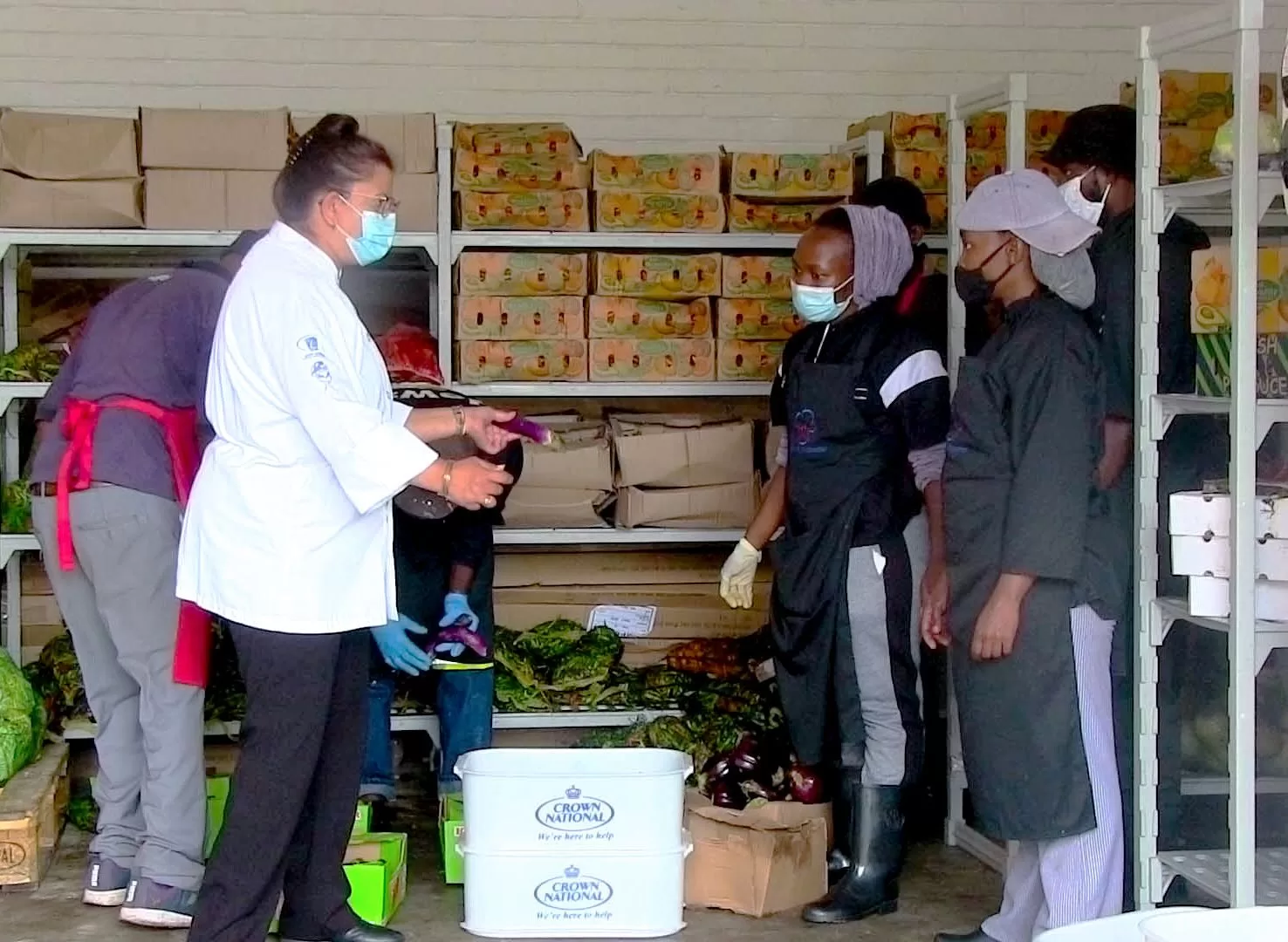




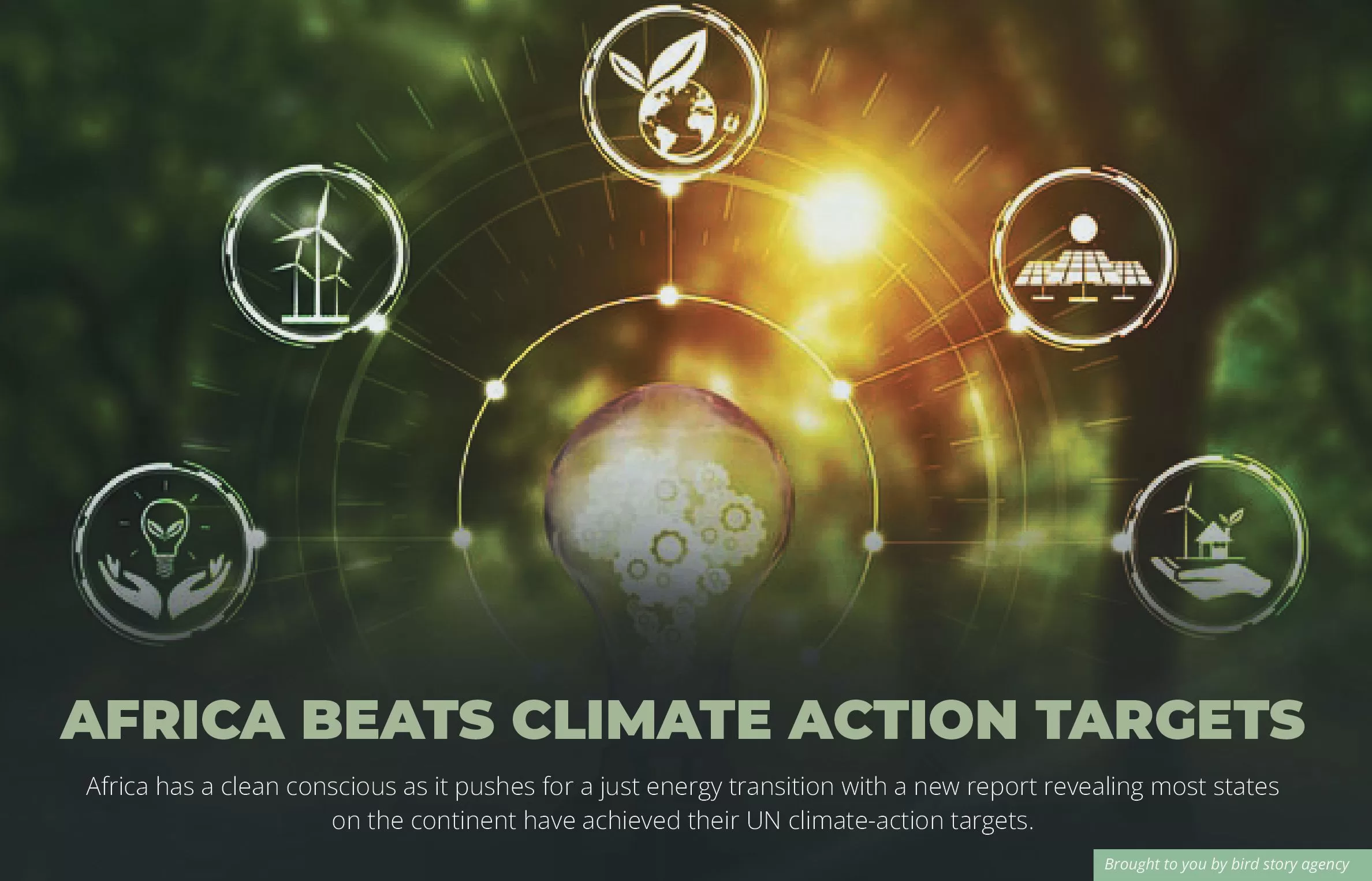

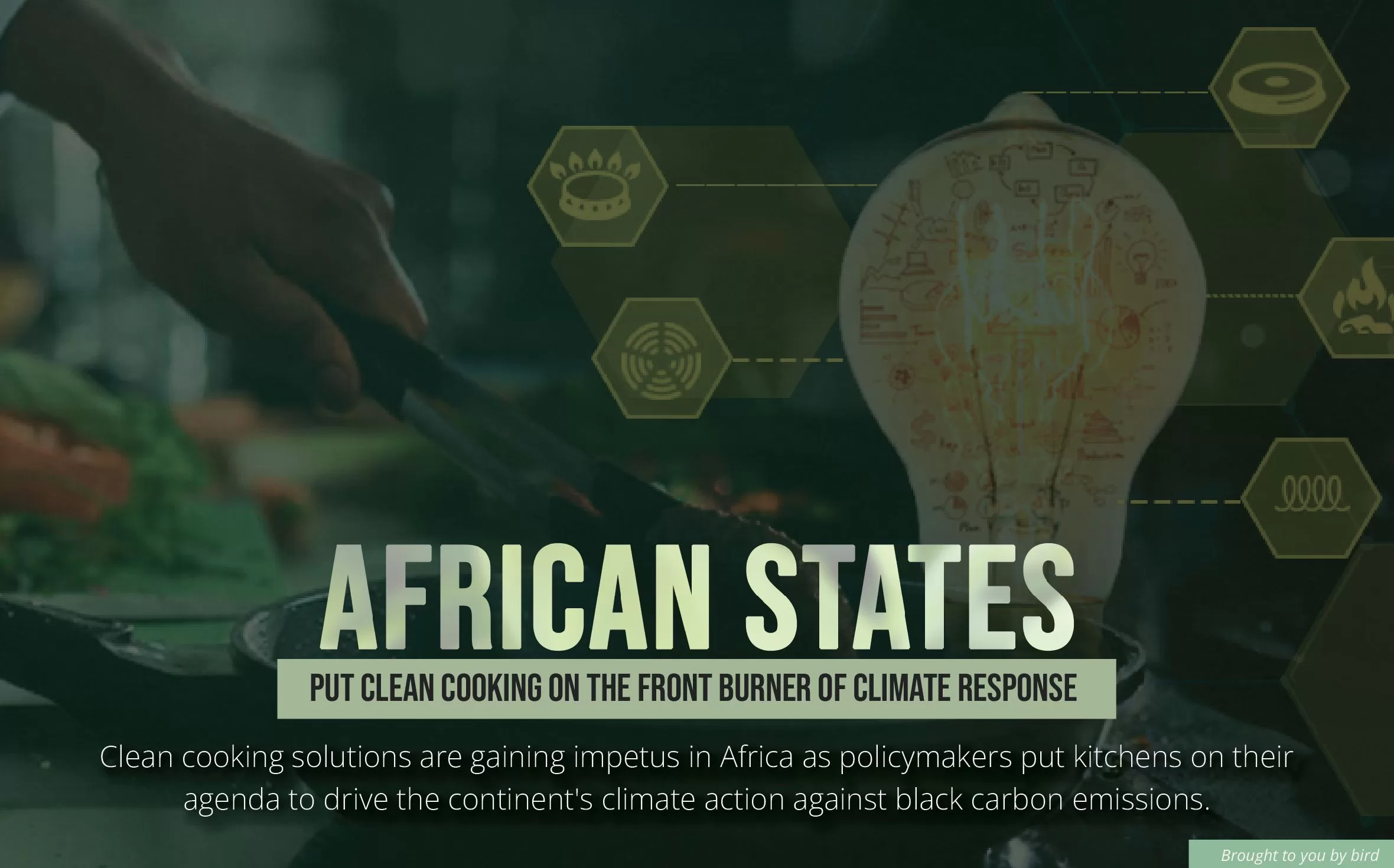
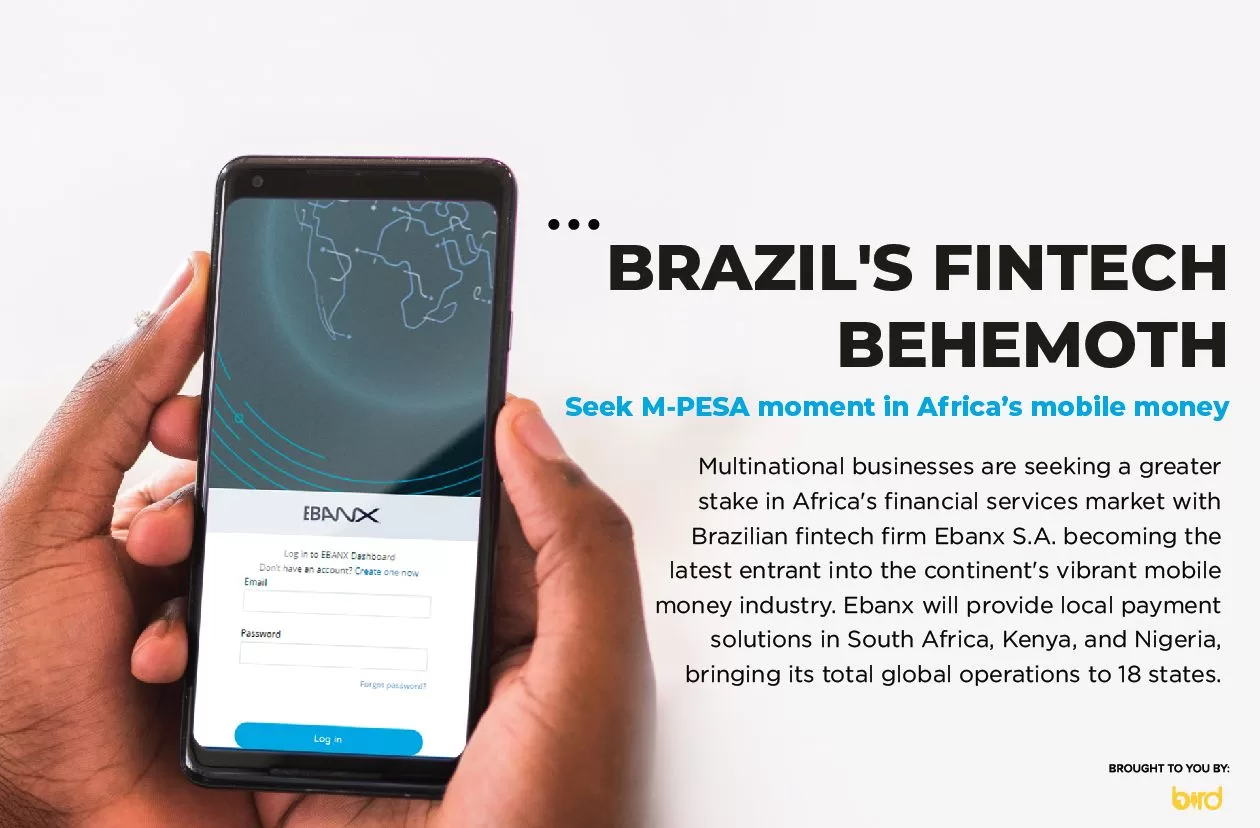

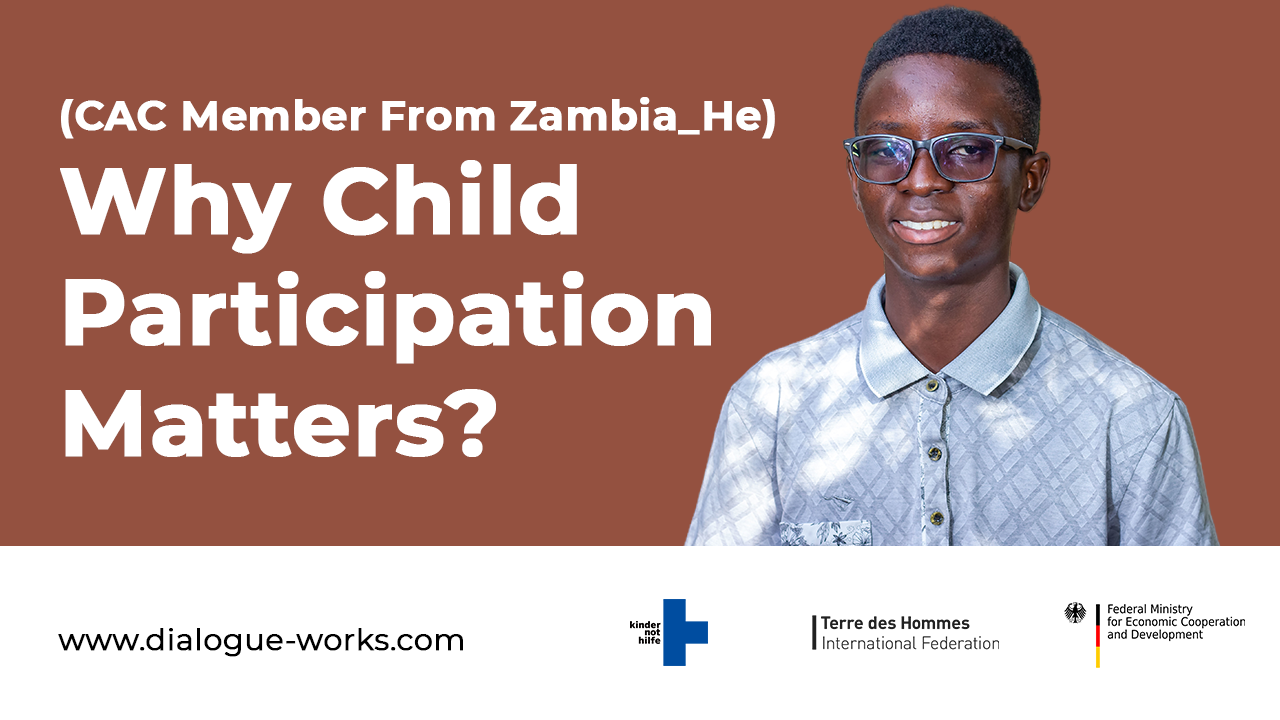
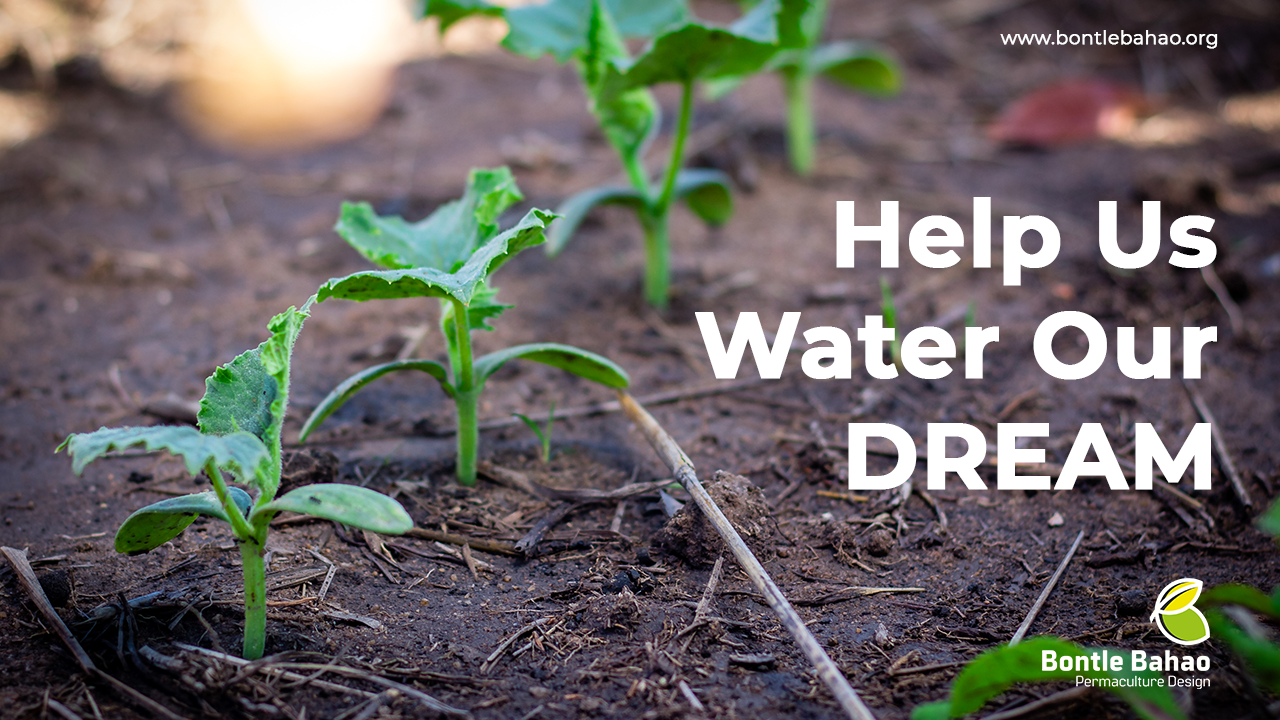
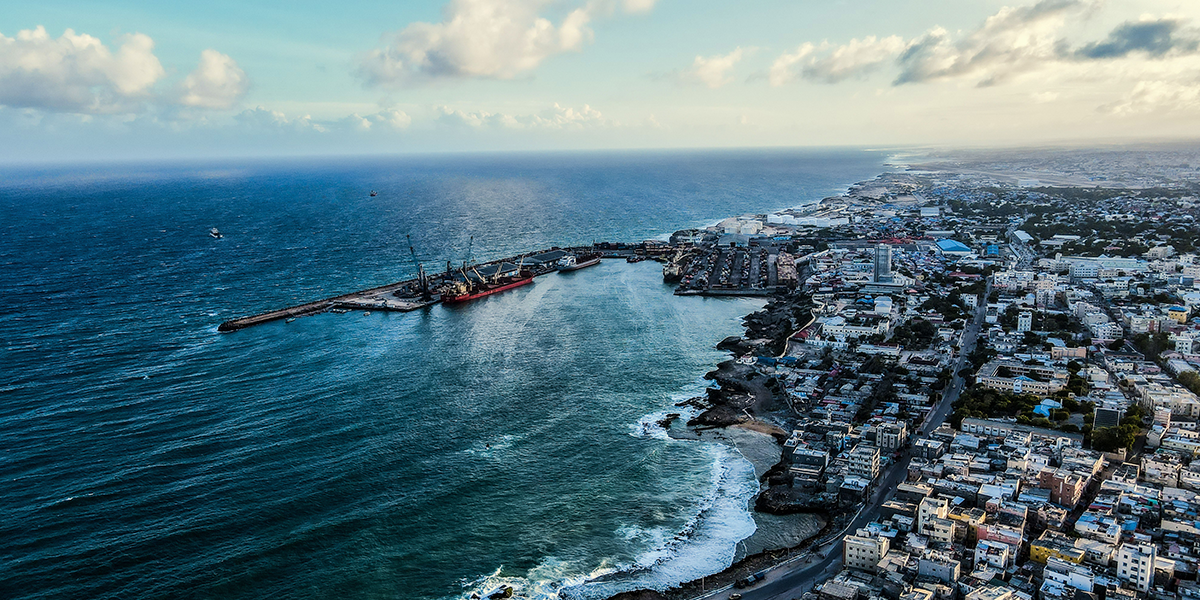
Leave a Reply
You must be logged in to post a comment.